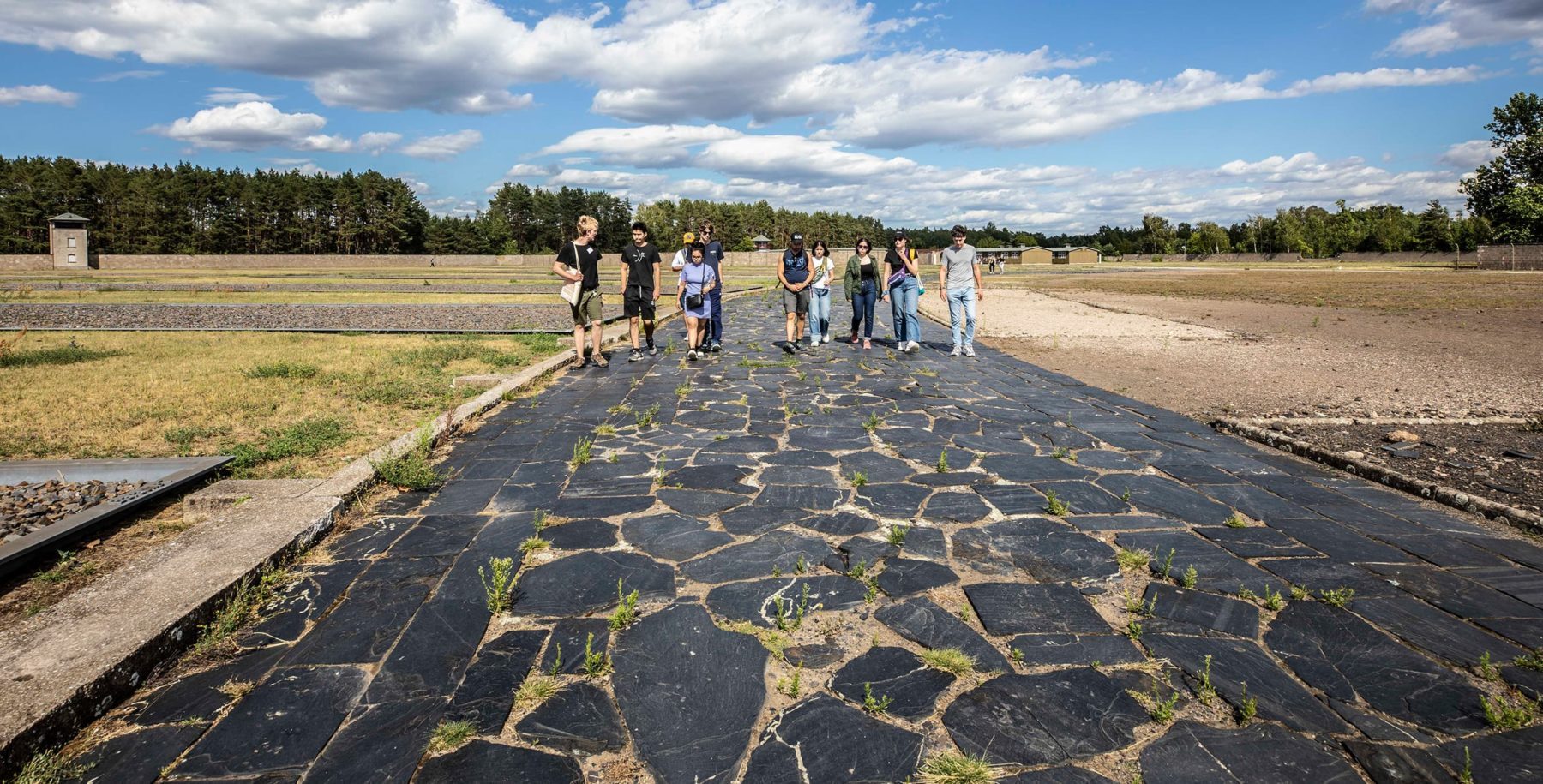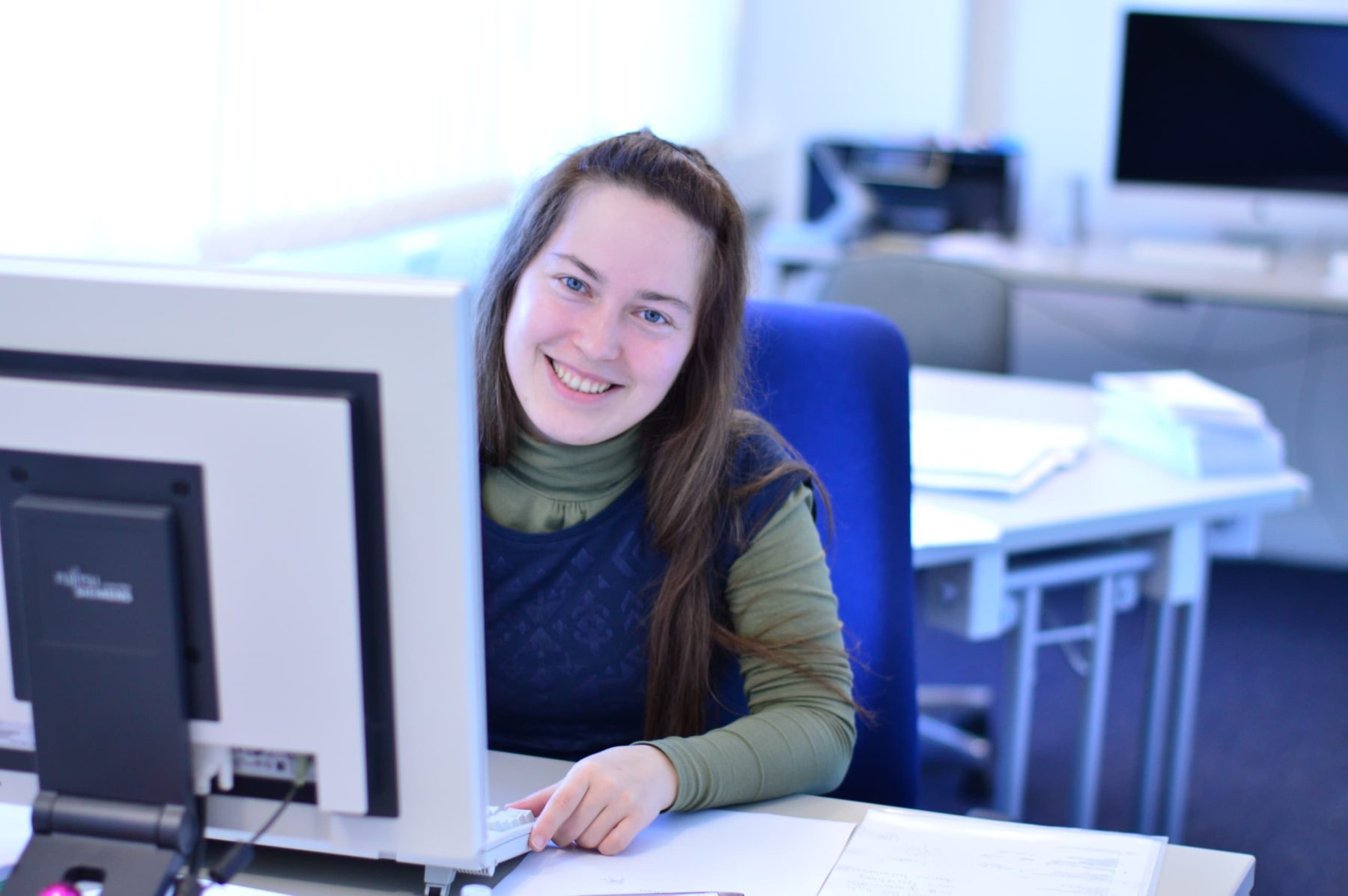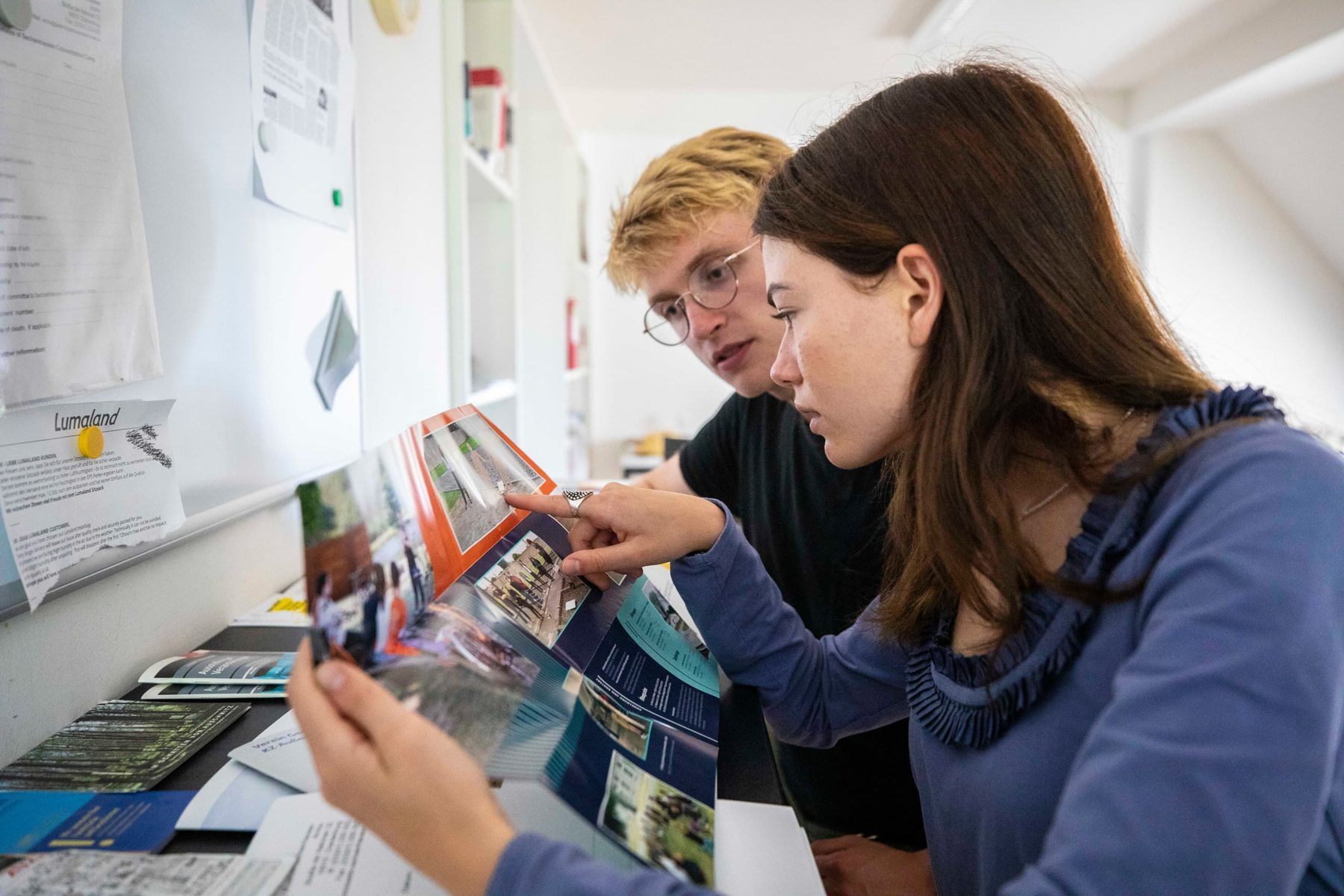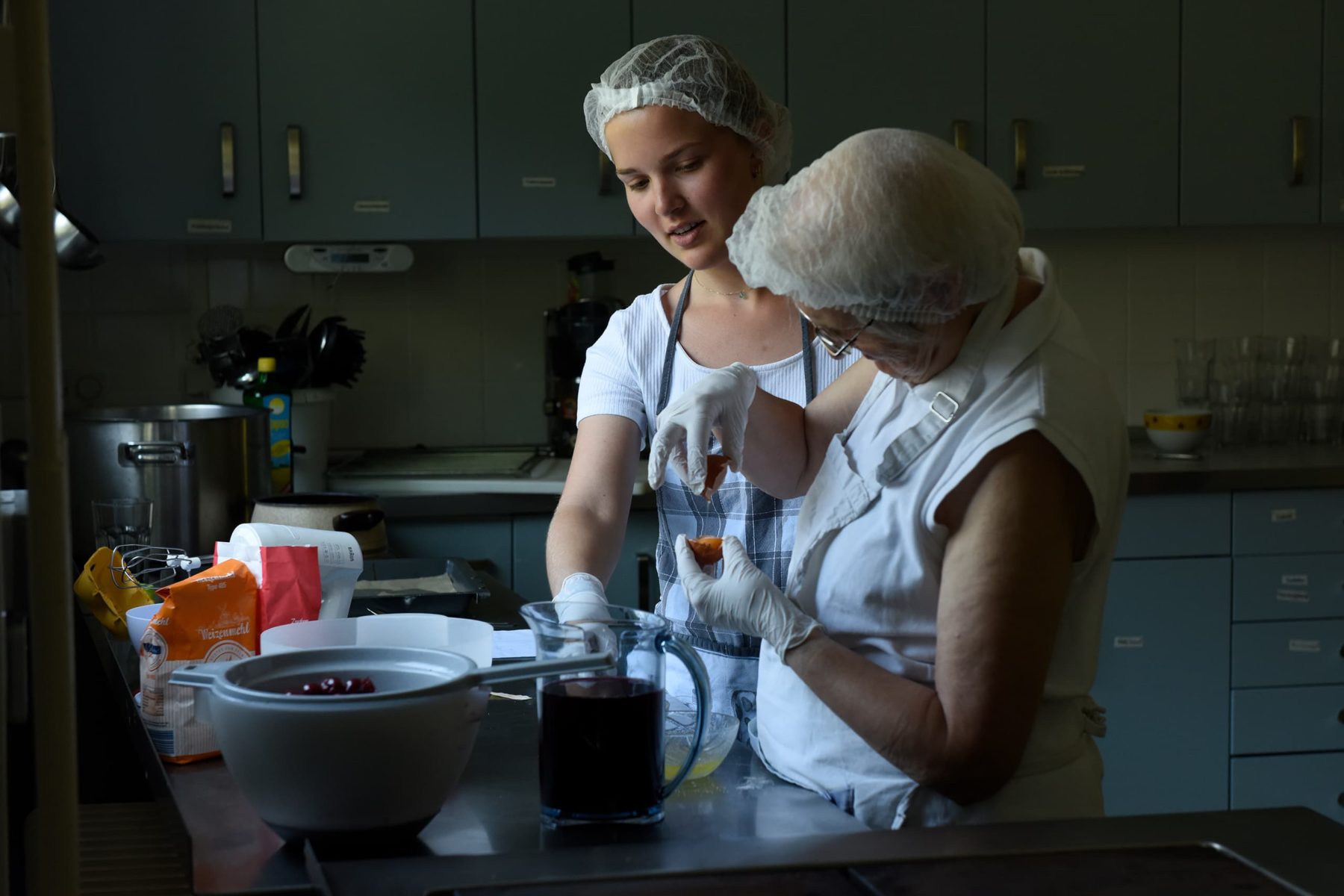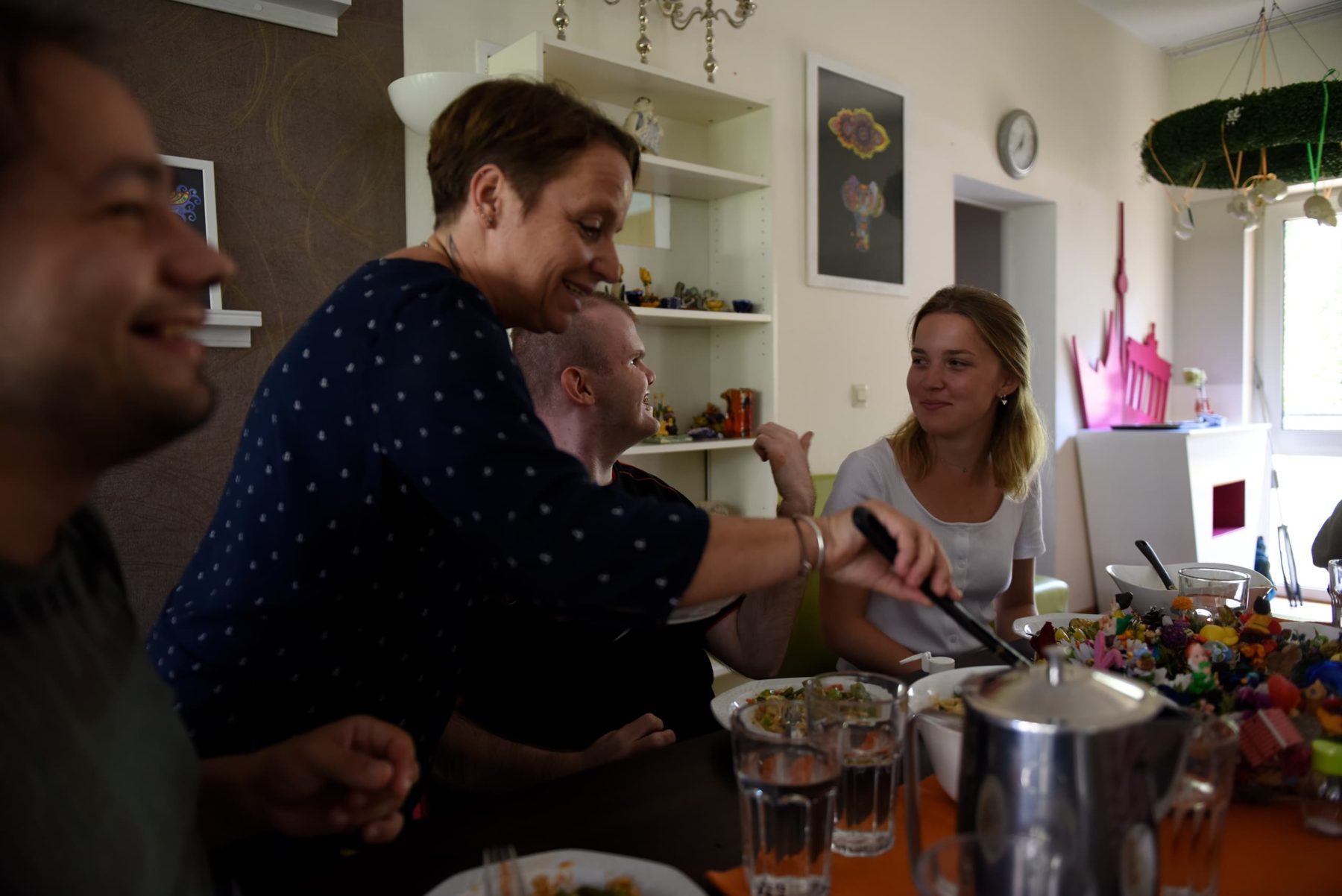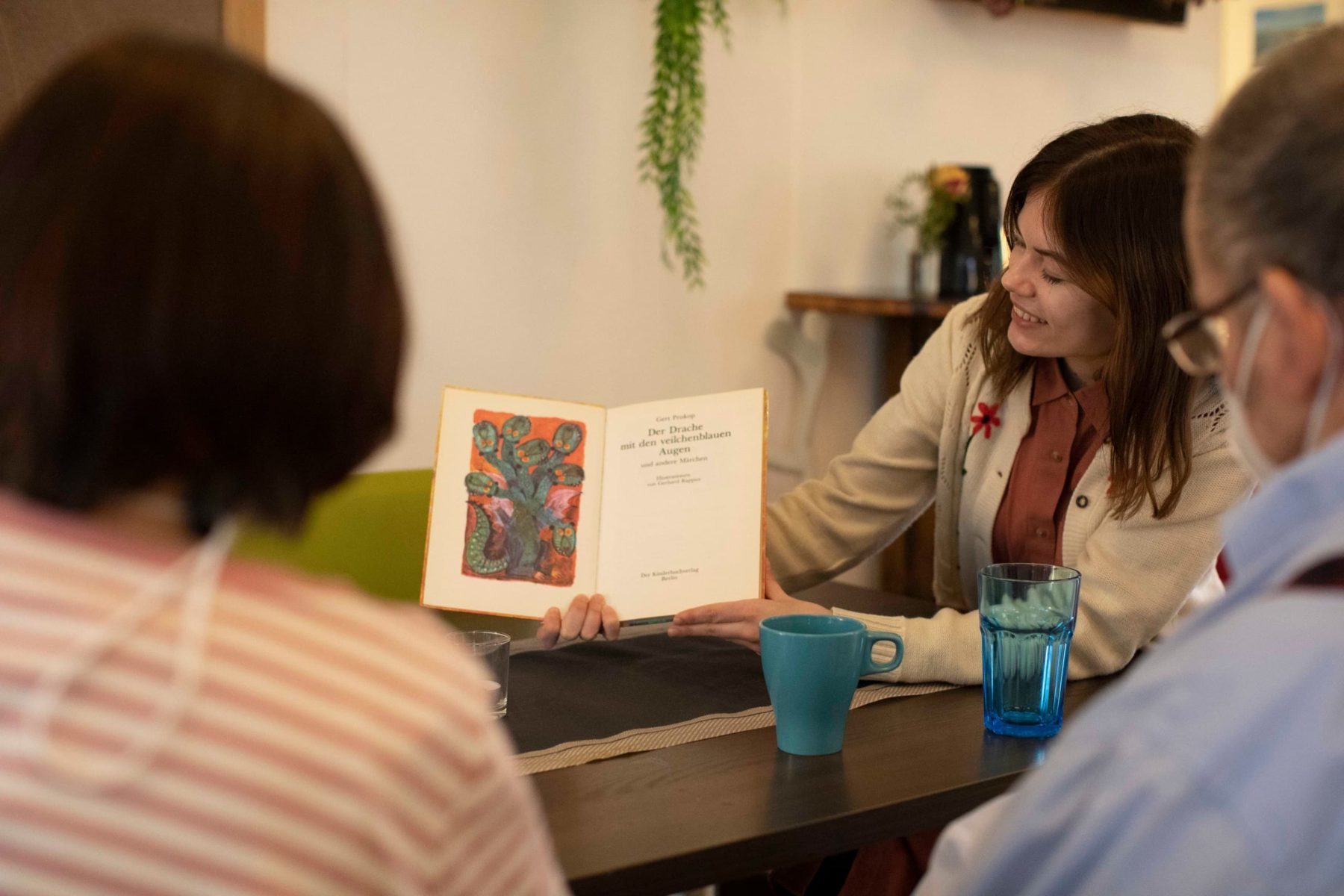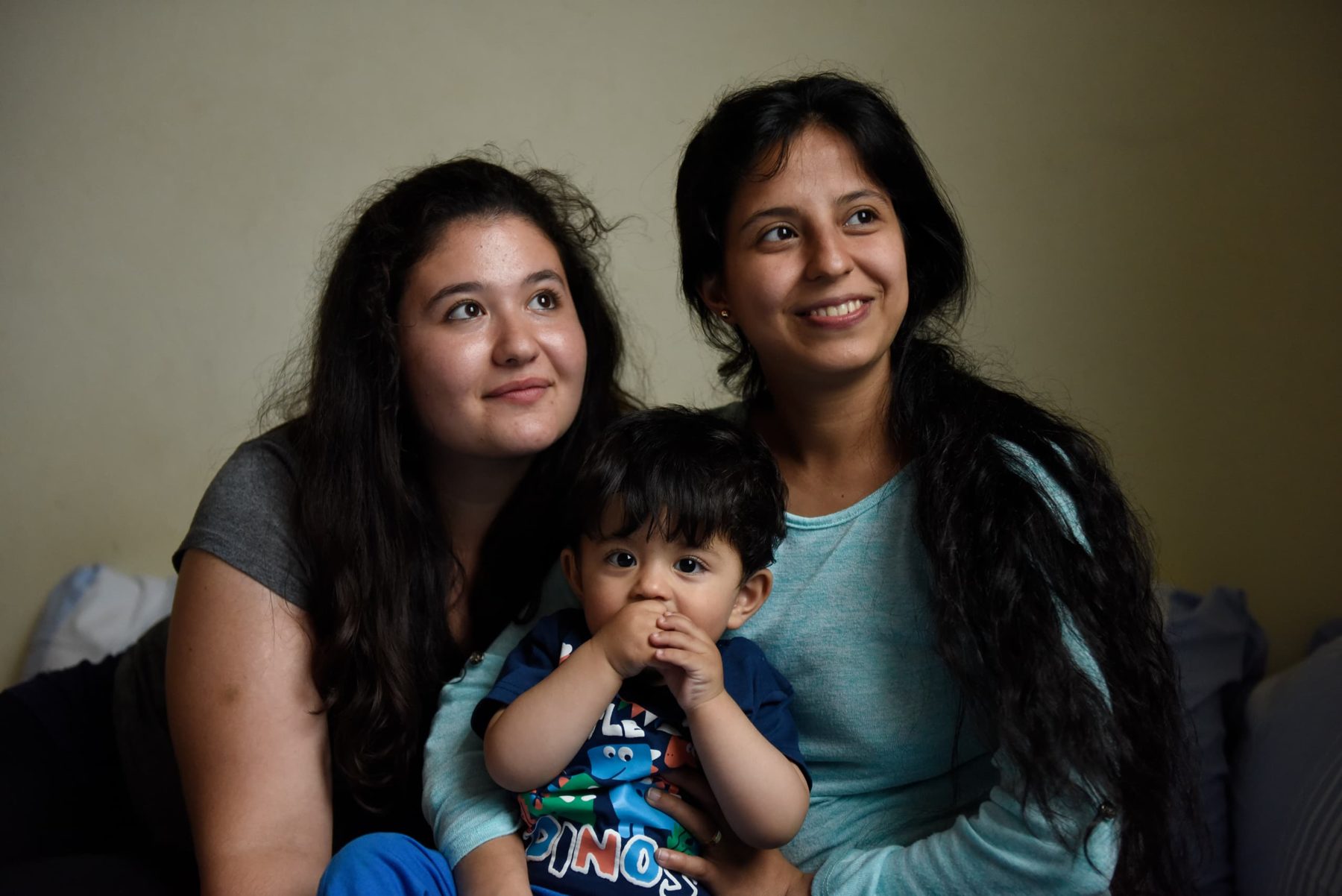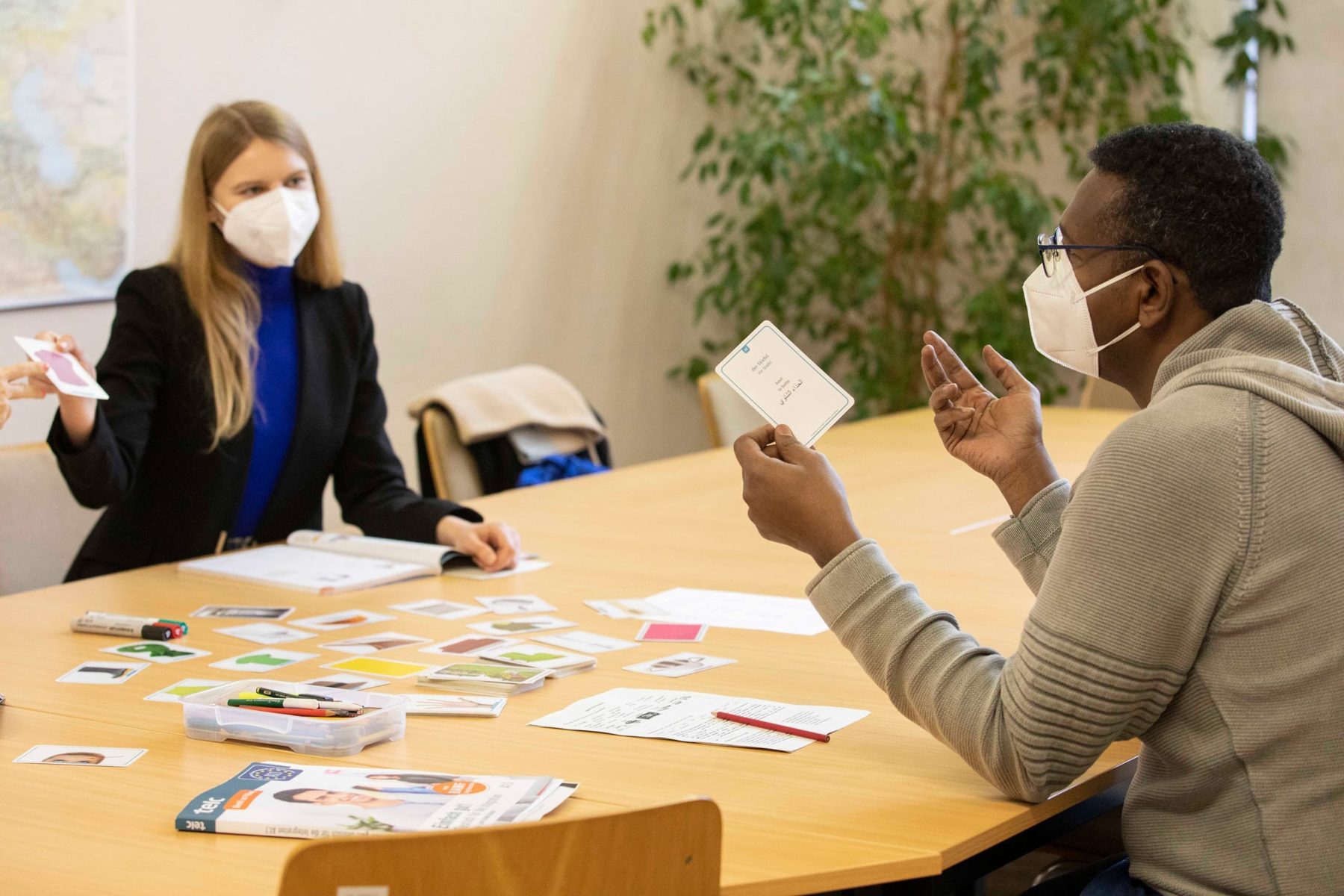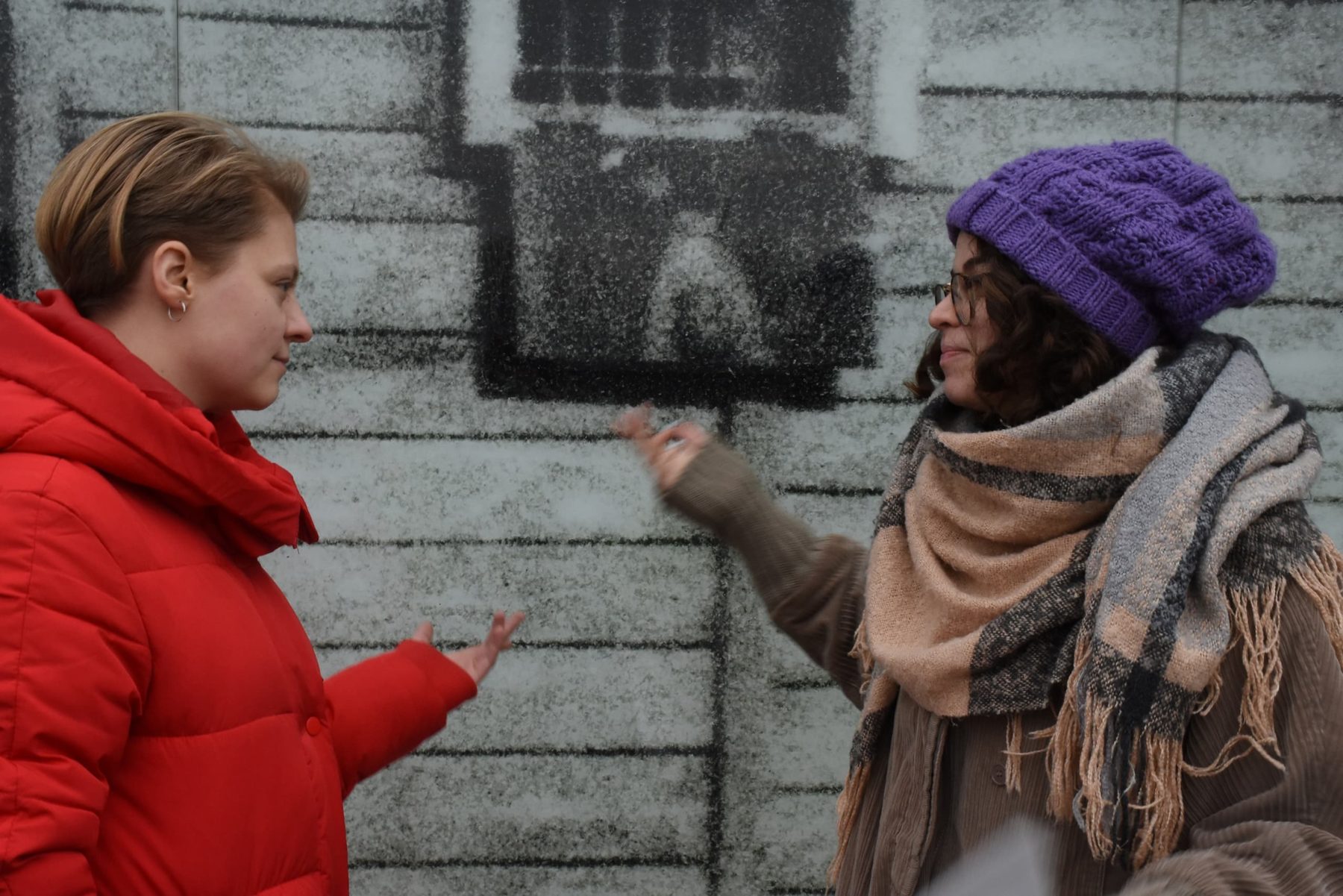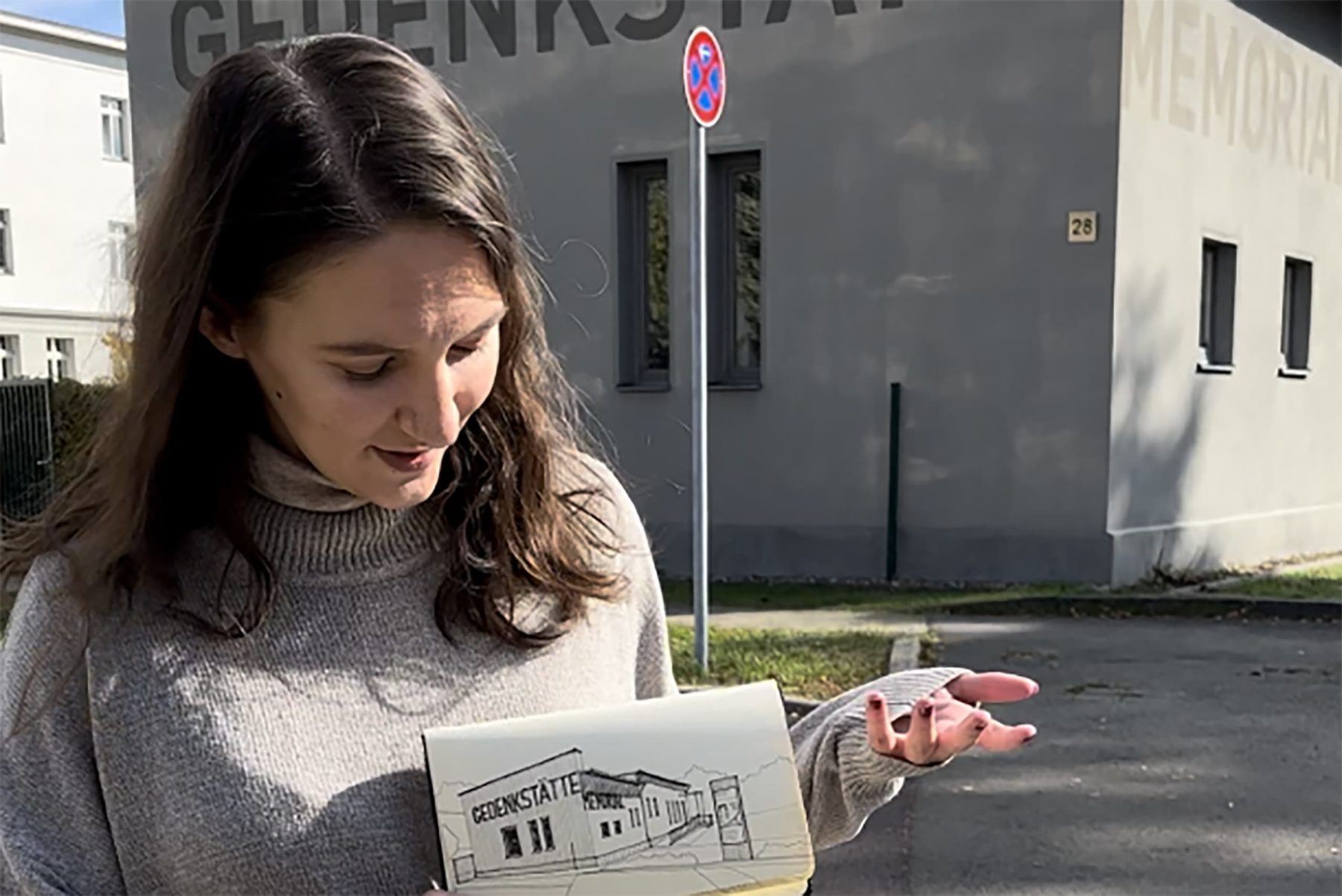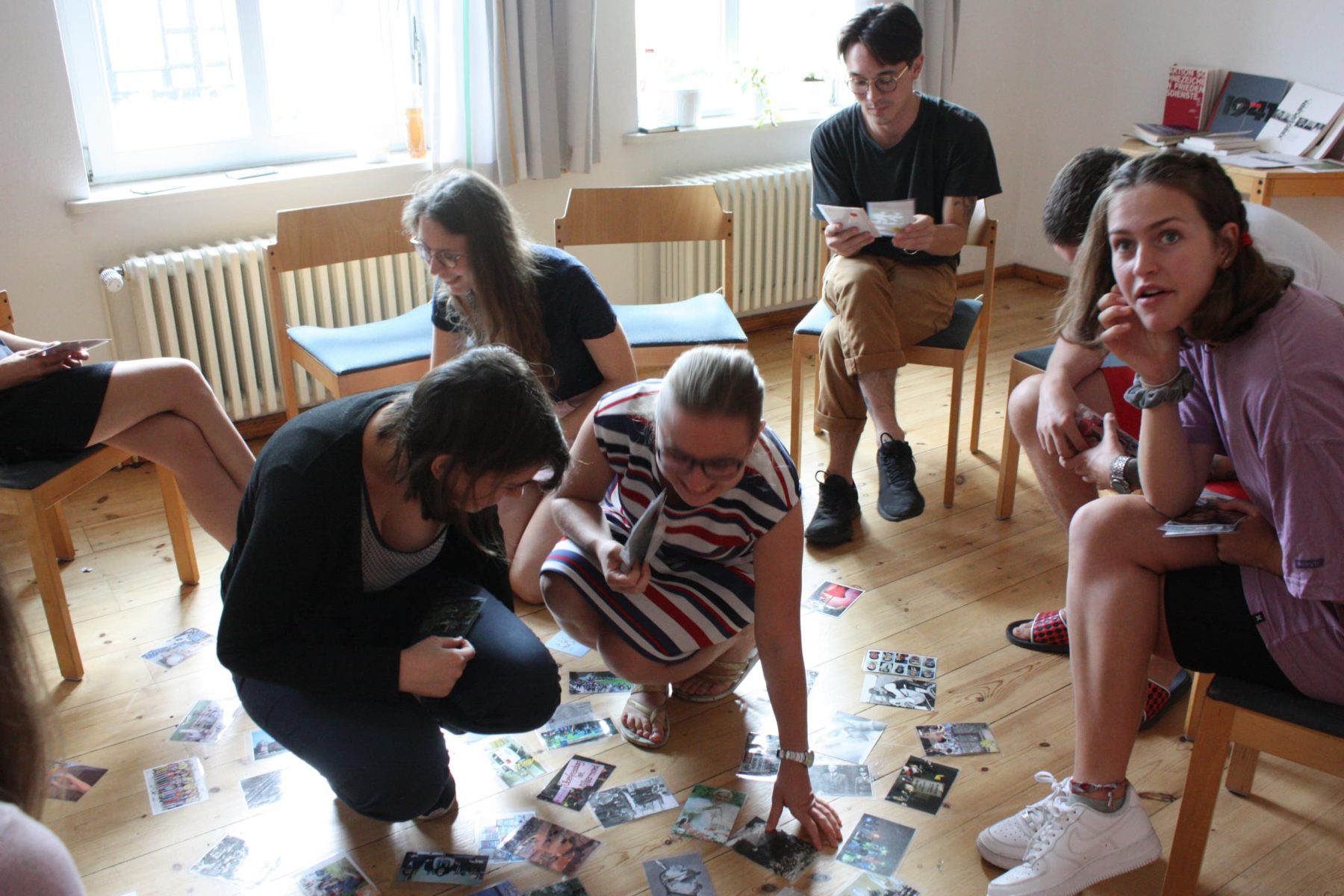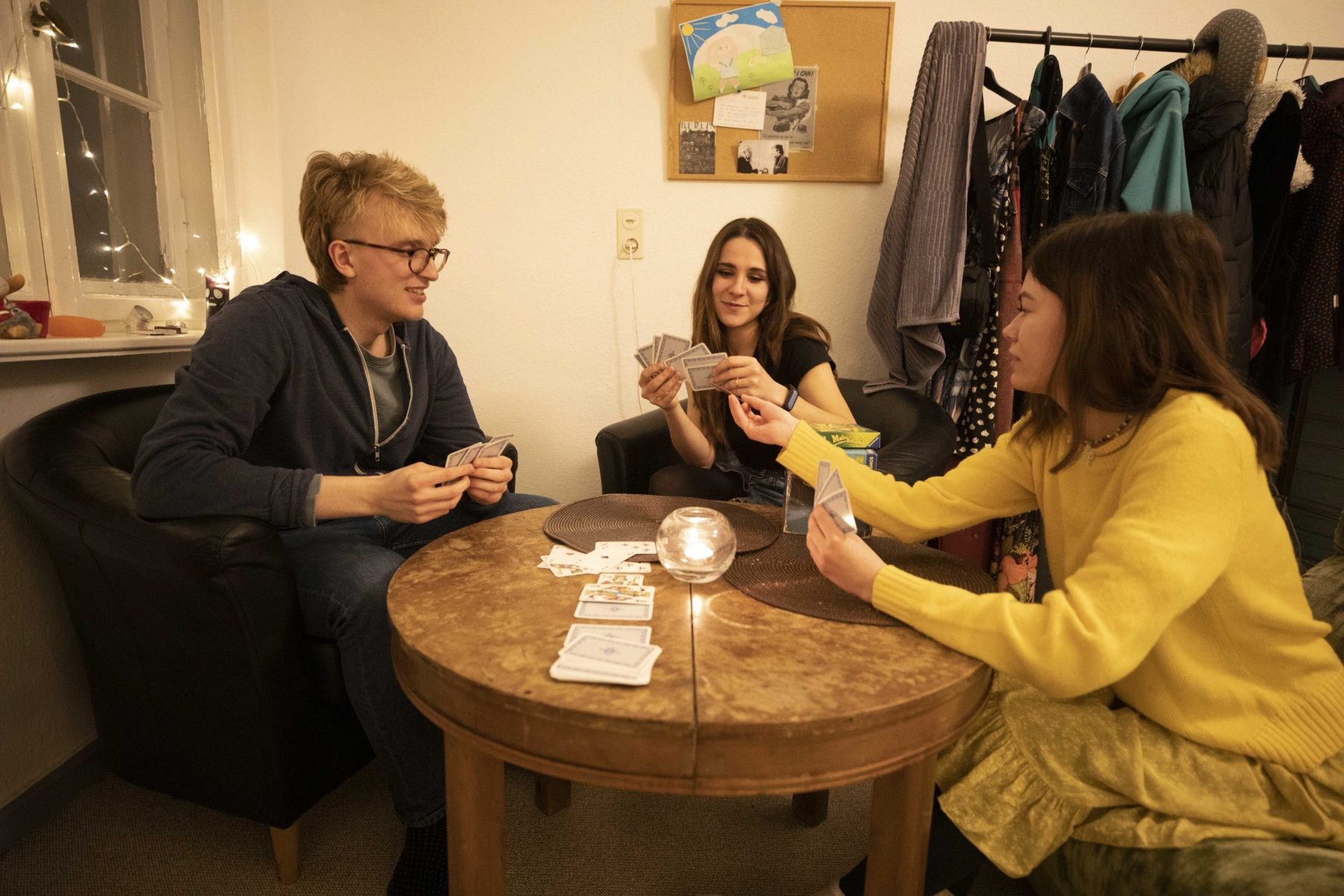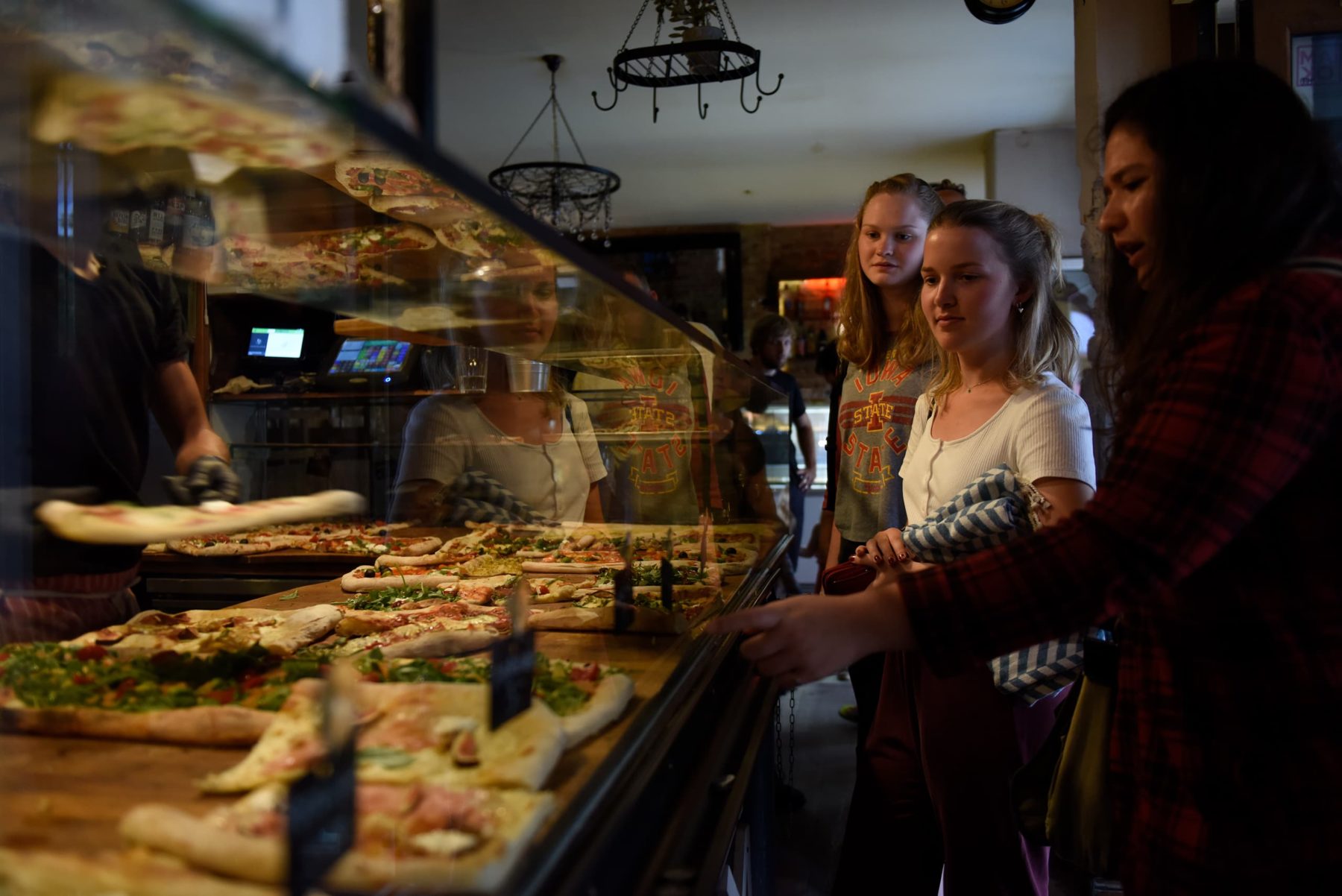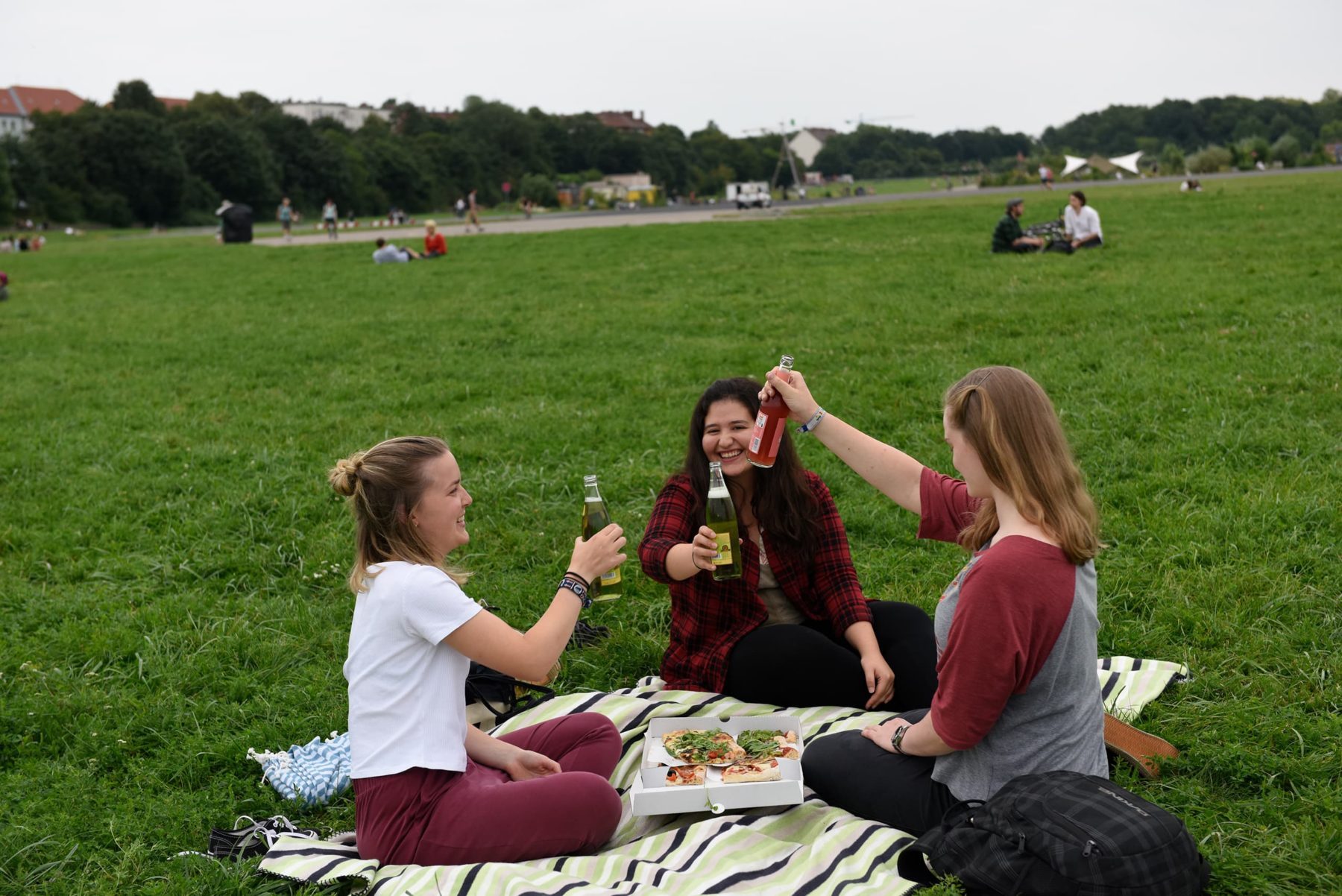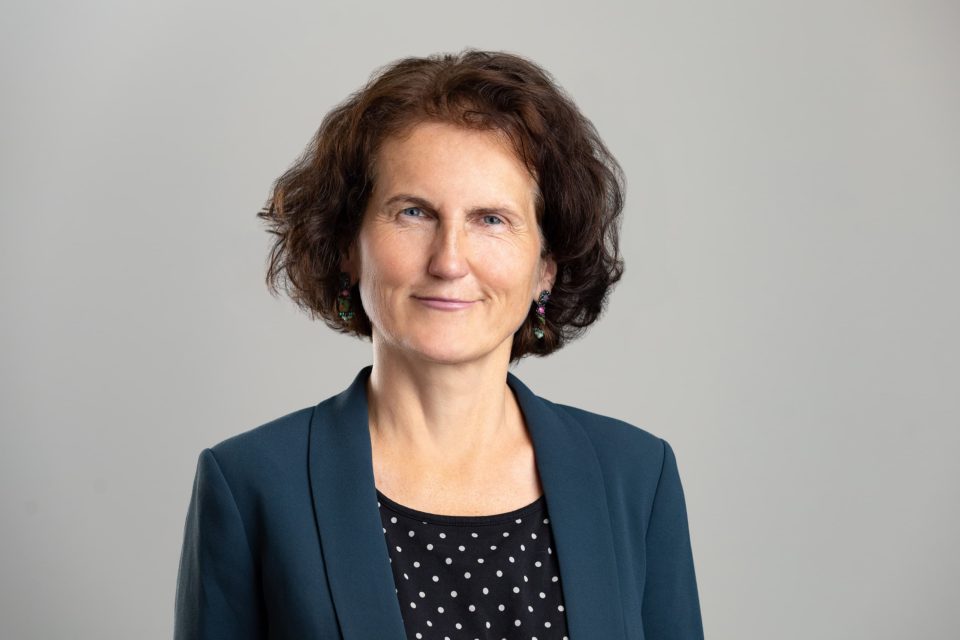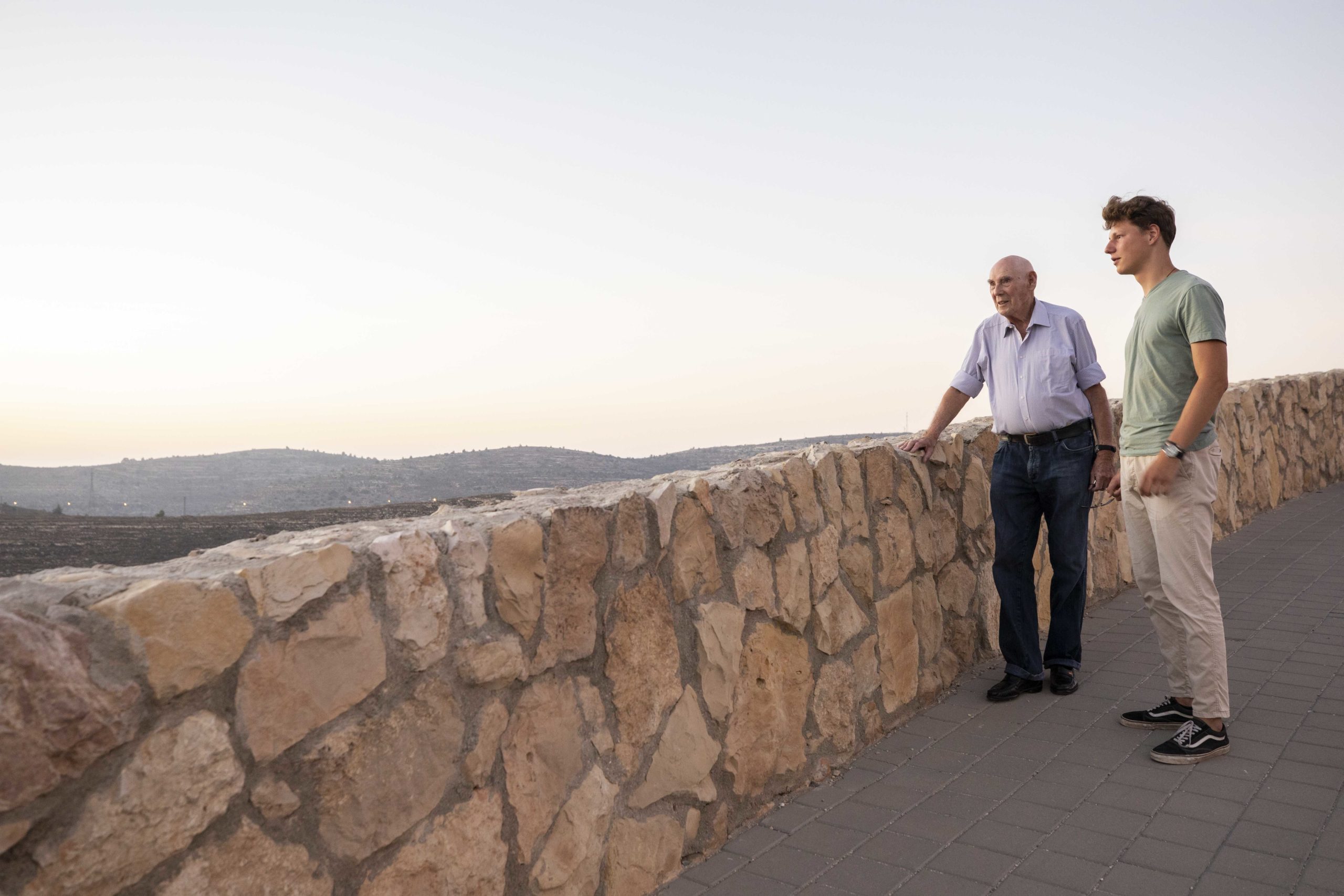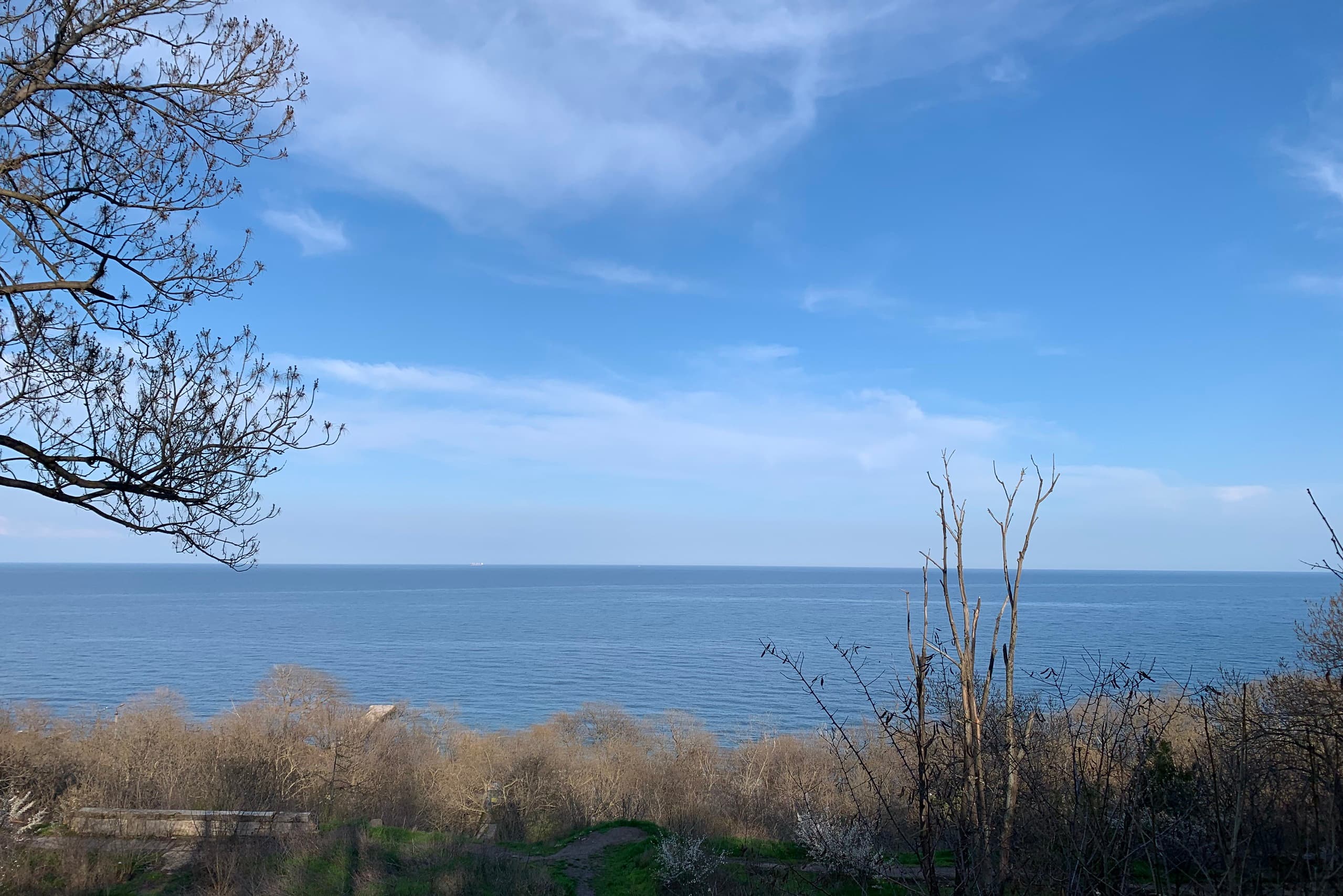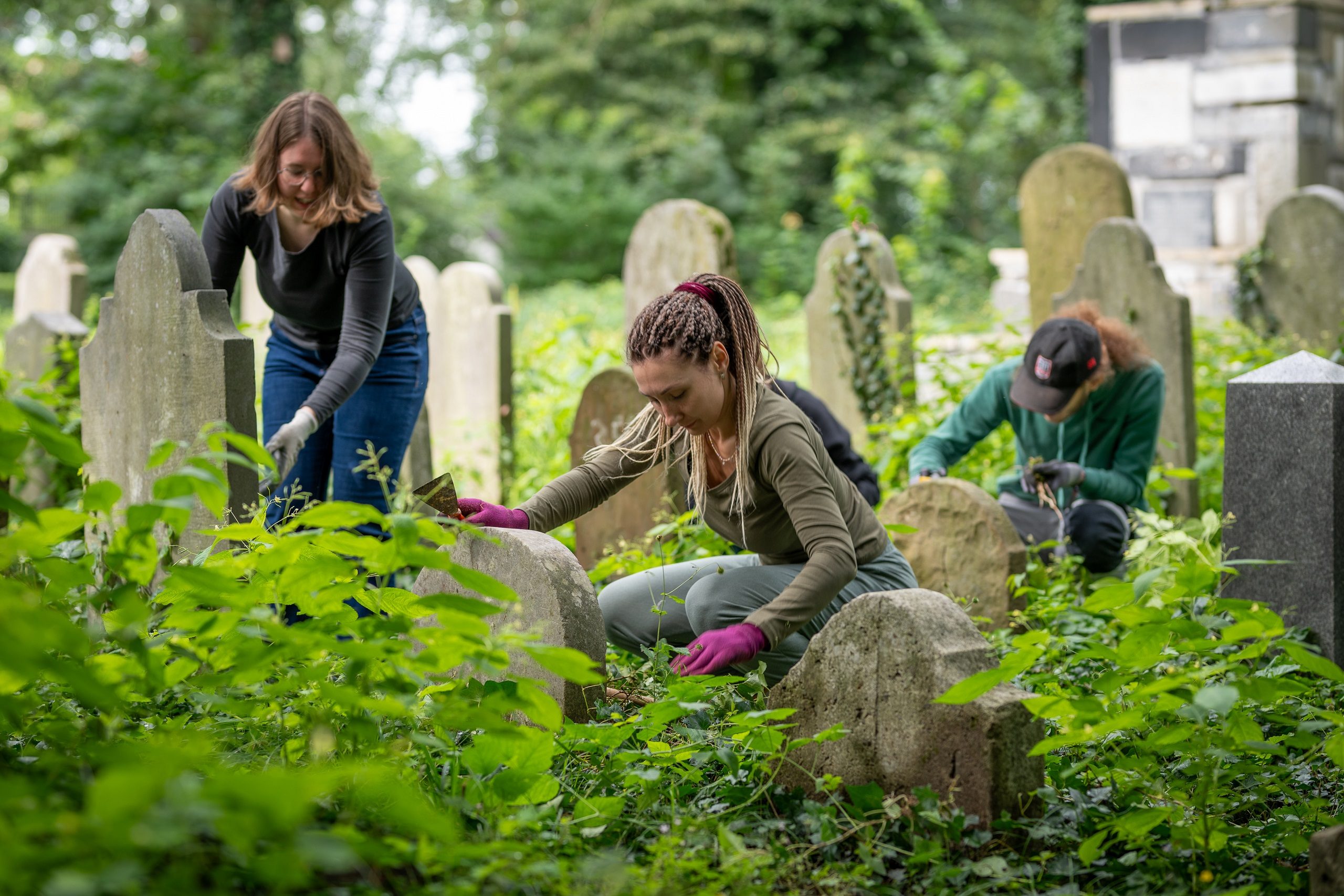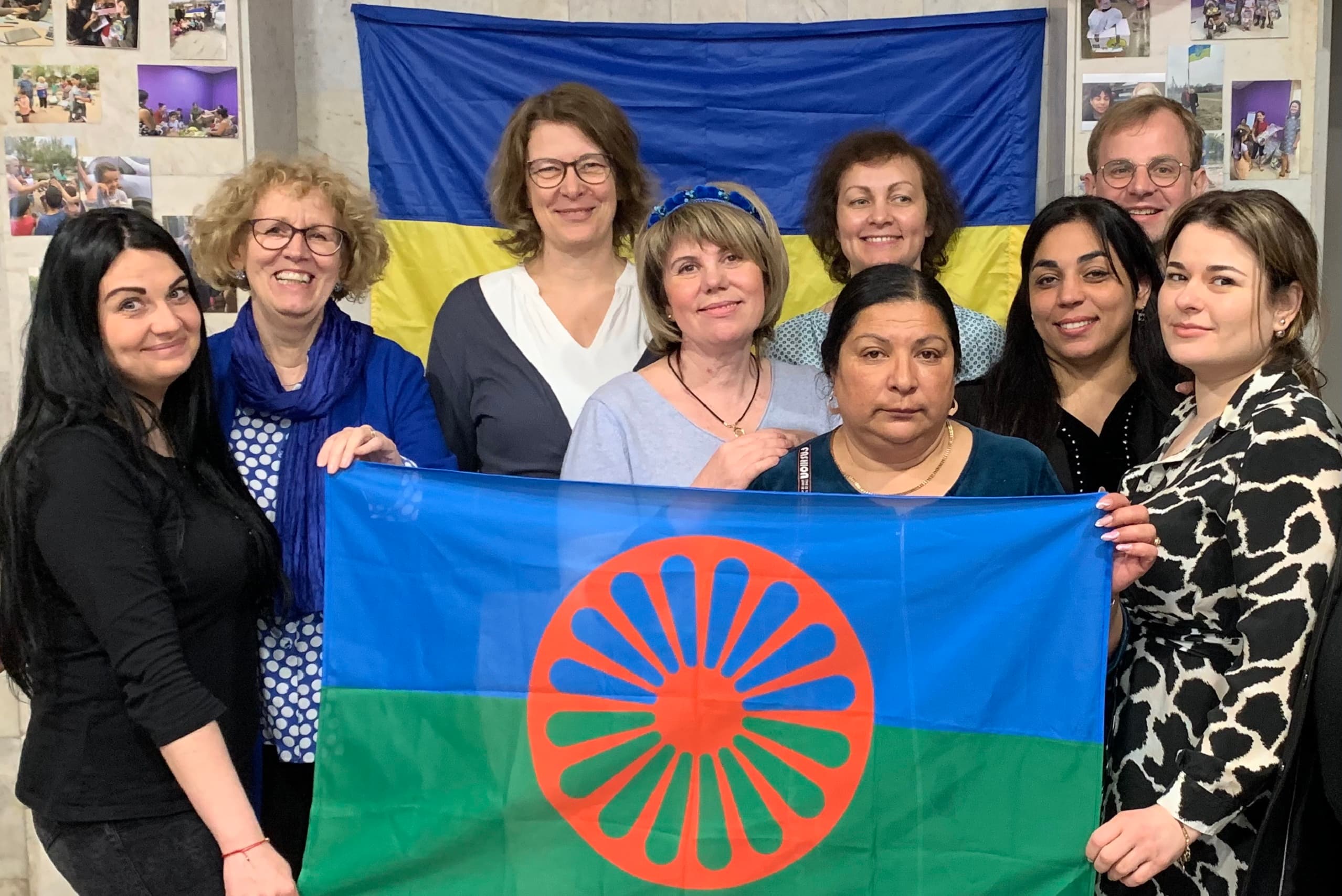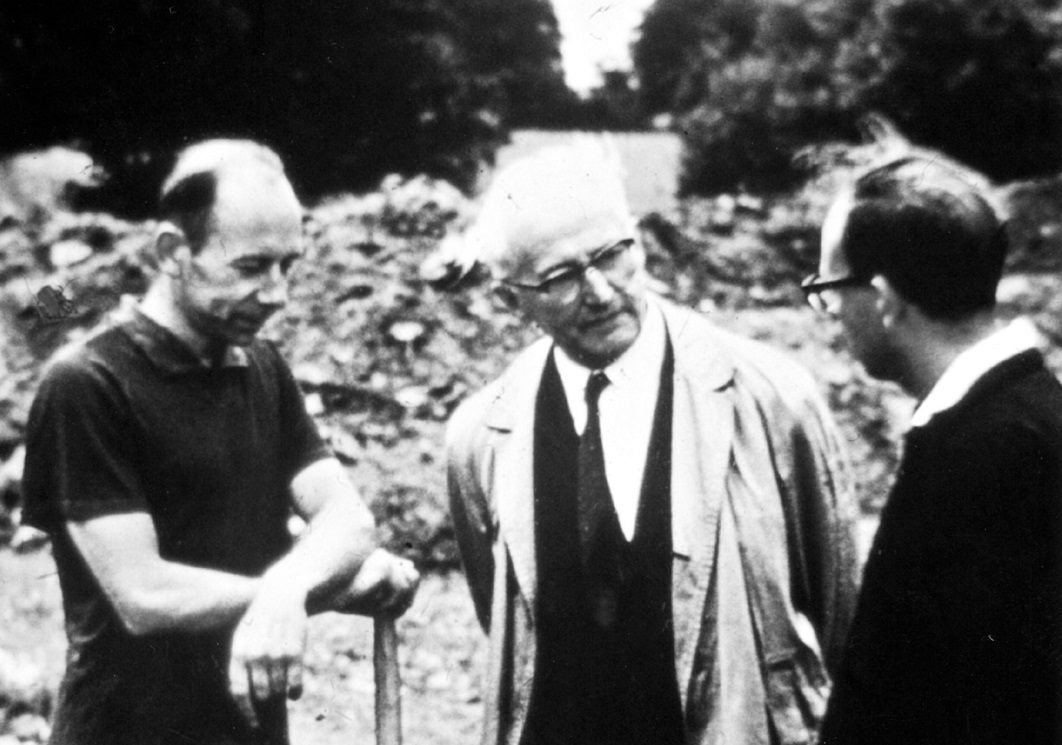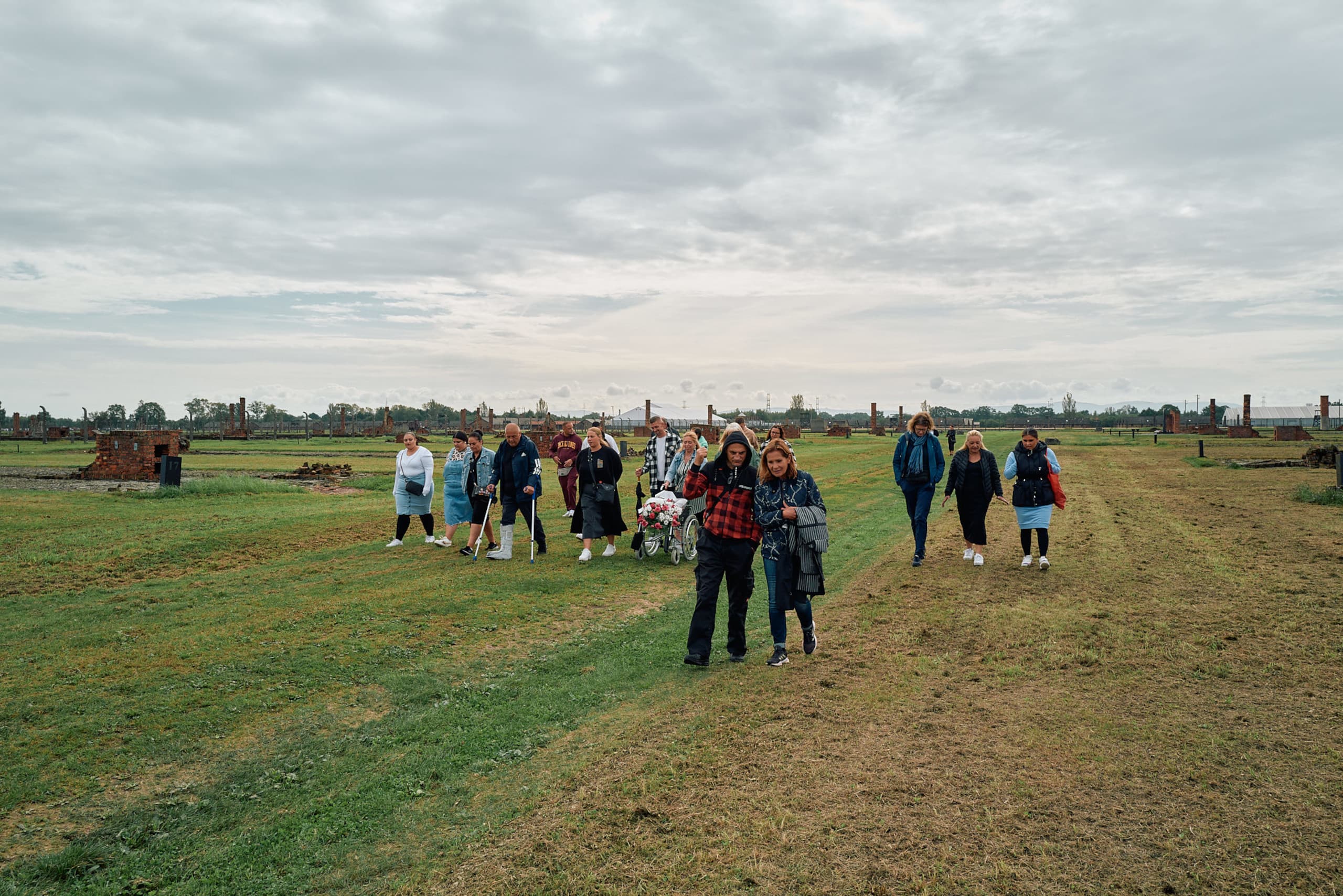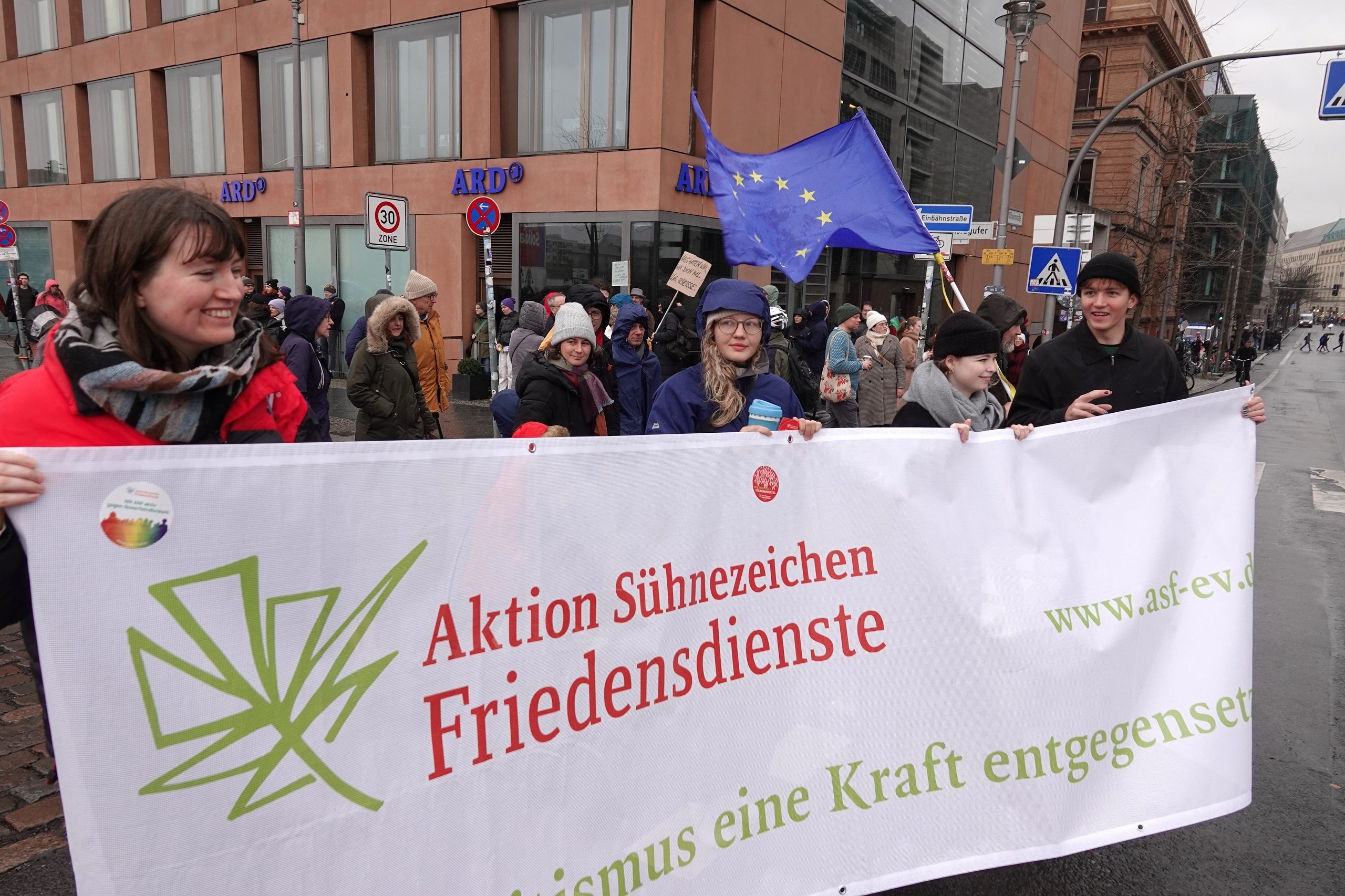Volunteer service in Germany – applicants from other countries
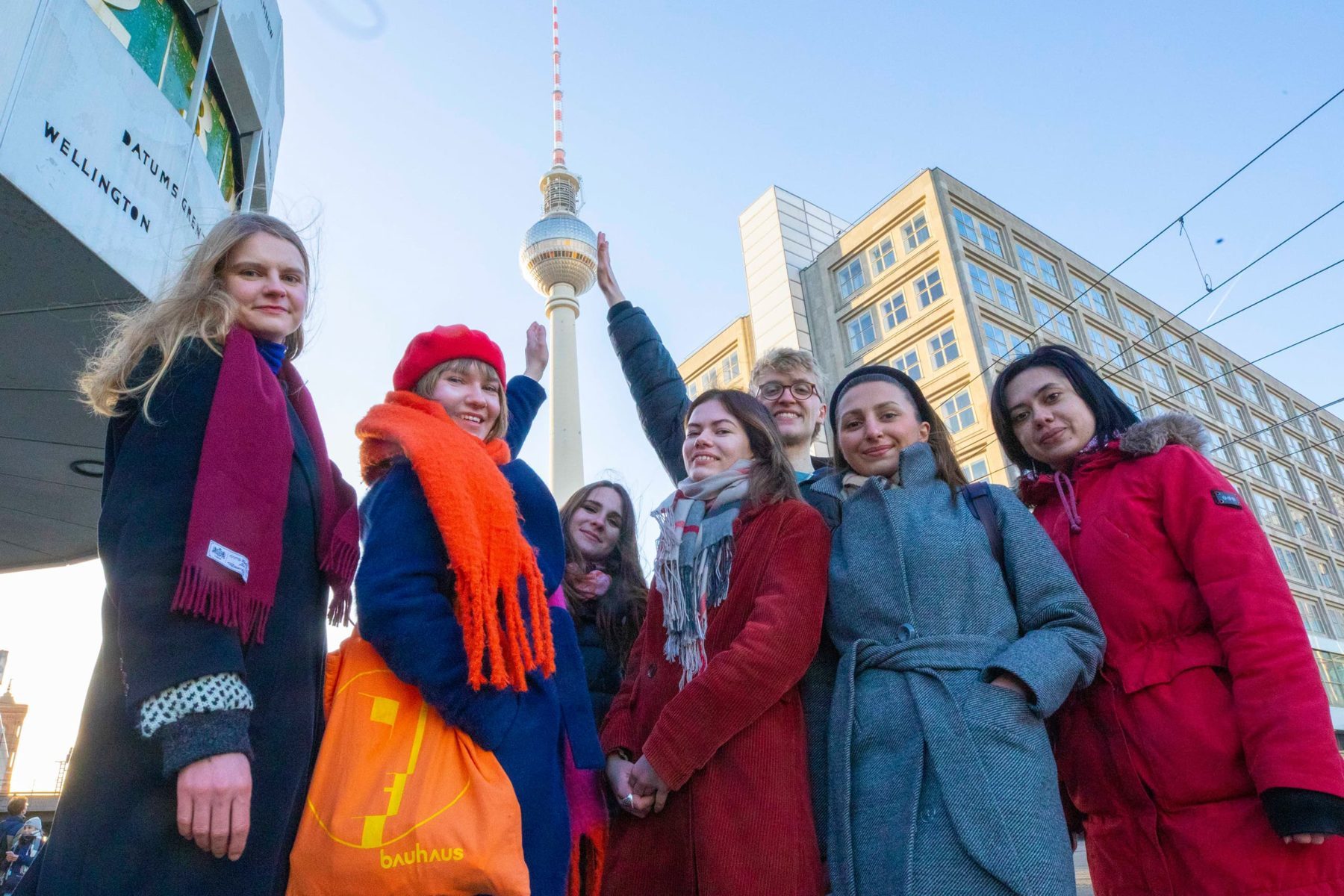
You want to work for understanding, diversity and solidarity and gain experience abroad? #withASF you can volunteer for a year – together as part of an international volunteer group. The volunteers come from different countries in Europe, Israel and the USA. They work in several German cities in memorials and cultural centers, they visit elderly people who were persecuted during National Socialism and support people with disabilities or refugees. The service begins each year at the beginning of September.
For the 2024/2025 volunteer service, applications are still open for the positions at Dachau Memorial and at Arolsen Archives.
What is a voluntary service?
The focus of the volunteer service is your commitment to the people on site. With ASF, you commit yourself to our partner organizations for one year. The voluntary work, new experiences and many encounters make a volunteer service.
In a volunteer service, you will be involved for one year #withASF at one or two partner organizations in Germany. You have a permanent volunteer position where you work full-time on five days of the week. For example, you accompany victims of Nazi persecution, support people with disabilities or work in a memorial.
Volunteer service is about more than just work: together with an international group of fellow volunteers, you learn about the country, its people, language and history in seminars. Together, you will share your experiences in four ASF seminars and prepare for them at the beginning of the volunteer year.
ASF was founded after World War II and the Shoah, as a sign of repentance and a concrete solidarity with the people and countries that suffered the unprecedented Nazi crimes. ASF remembers those who were persecuted and opposes current forms of anti-semitism, racism, queer hostility and exclusion of minorities.
ASF accompanies and supports you before and during your year abroad. There is a permanent ASF contact person in the country. We cooperate closely with our partner organizations, most of them for many years. You will also have a permanent contact person at your workplace. The good preparation and support through this year and versatile seminars are very important to us and distinguish an ASF volunteer service. Therefore: #withASF.
We are looking for volunteers who are interested in politics and history and who work with heart and mind at our partner organizations.
What do ASF volunteers do?
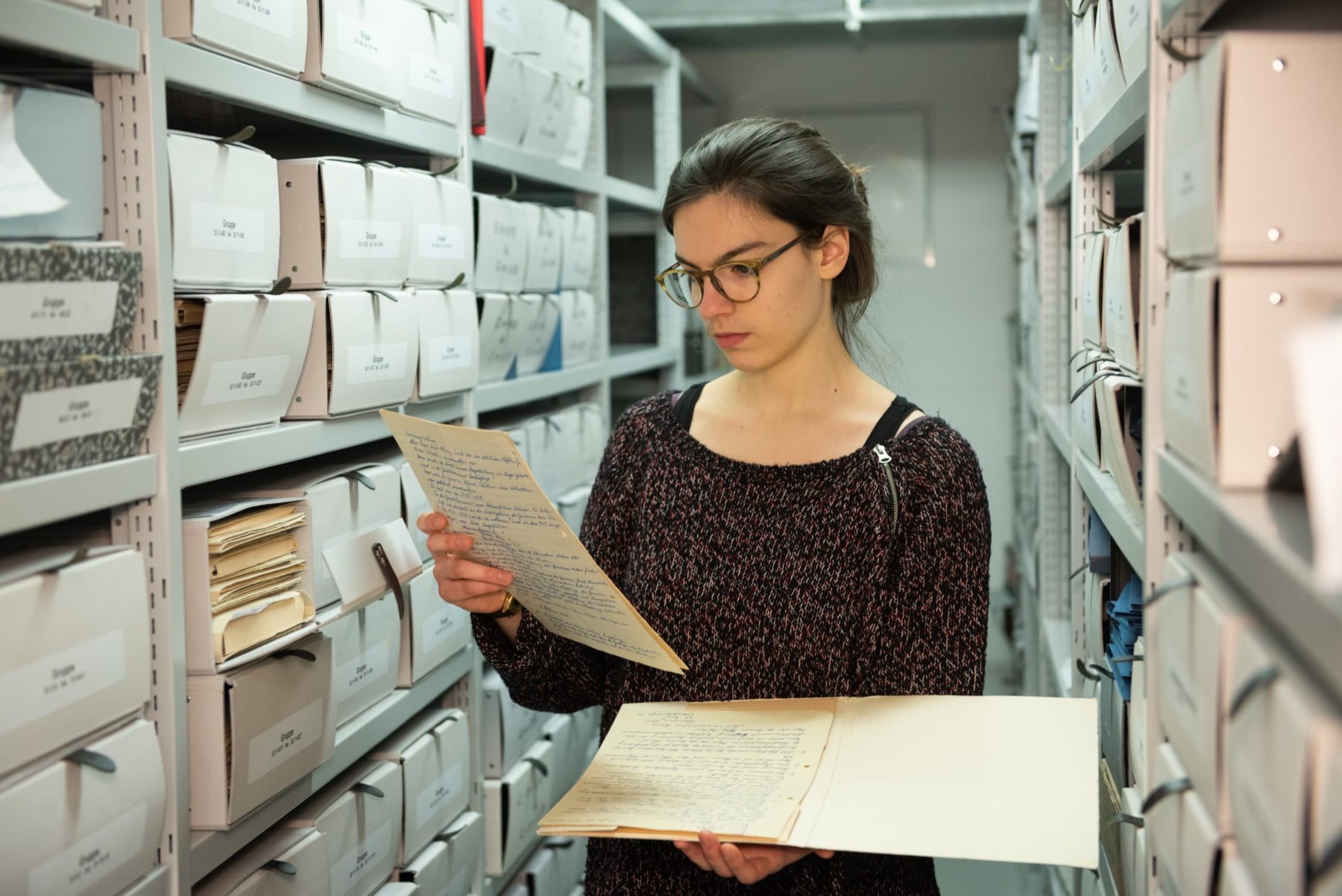
Our volunteer positions in this area of work are in memorials and museums, archives, and local educational institutions. Your focus will be either educational work or archival work. In either case, there is a large amount of office work.
Almost all jobs in this field revolve around remembering Germany’s crimes under National Socialism. You help commemorate the victims and sufferers of Nazi crimes and shed light on perpetrator structures. You reflect on continuities of group-related misanthropy, anti-Semitism and racism, which reach into our present.
For example, you give guided tours for school classes at a memorial site. You help to organize seminars and workshops or do research. You help to design a new exhibition in a museum or to organize a commemoration. In research institutions, for example, you scan valuable old documents and catalog archival holdings in a database.
In many of these places, you will meet survivors of Nazi persecution or their descendants. You will learn touching stories about survival during persecution and after liberation.
To work in this field of activity you need to be interested in historical topics, have perseverance and patience. Most of the work takes place in the office at the computer. To accompany visitors and groups, you should be interested in pedagogical work and be able to speak in front of groups. In archives and research centers, however, you will need a lot of patience and patience, and you will enjoy working with databases and scanners.
Some of our positions in historical education are located at sites of former concentration or extermination camps. The daily cooperation and confrontation with these places can be psychologically stressful. You should have strategies to find distance after work.
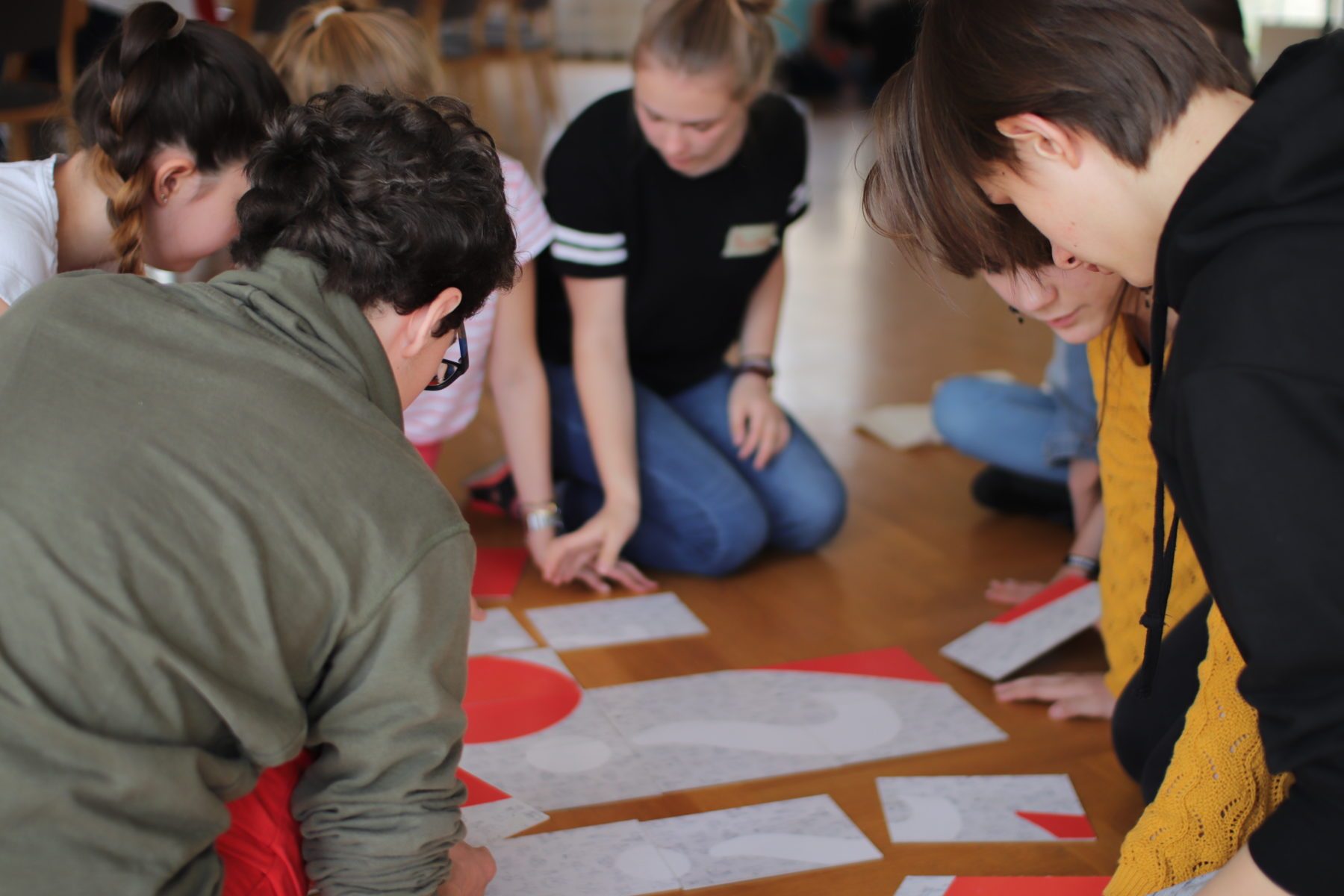
Are you interested in socio-political topics and intercultural issues? Then a position in this area may be exciting for you.
Our political education positions belong to educational associations or political initiatives. They do lobbying work for marginalized groups or research on human rights violations. They offer a variety of educational and encounter programs, e.g. training courses to strengthen democracy.
You work here mainly in the office at the computer. You help with research and with the compilation and publication of information, e.g. about right-wing extremism, racism or anti-semitism. You participate in translations or in the maintenance of social media and websites. You support the preparation and implementation of educational programs or you supervise information booths at events.
For these positions, you should enjoy daily office work on the computer. You need a lot of independence and initiative and, depending on the position, you may also be interested in educational work with groups.
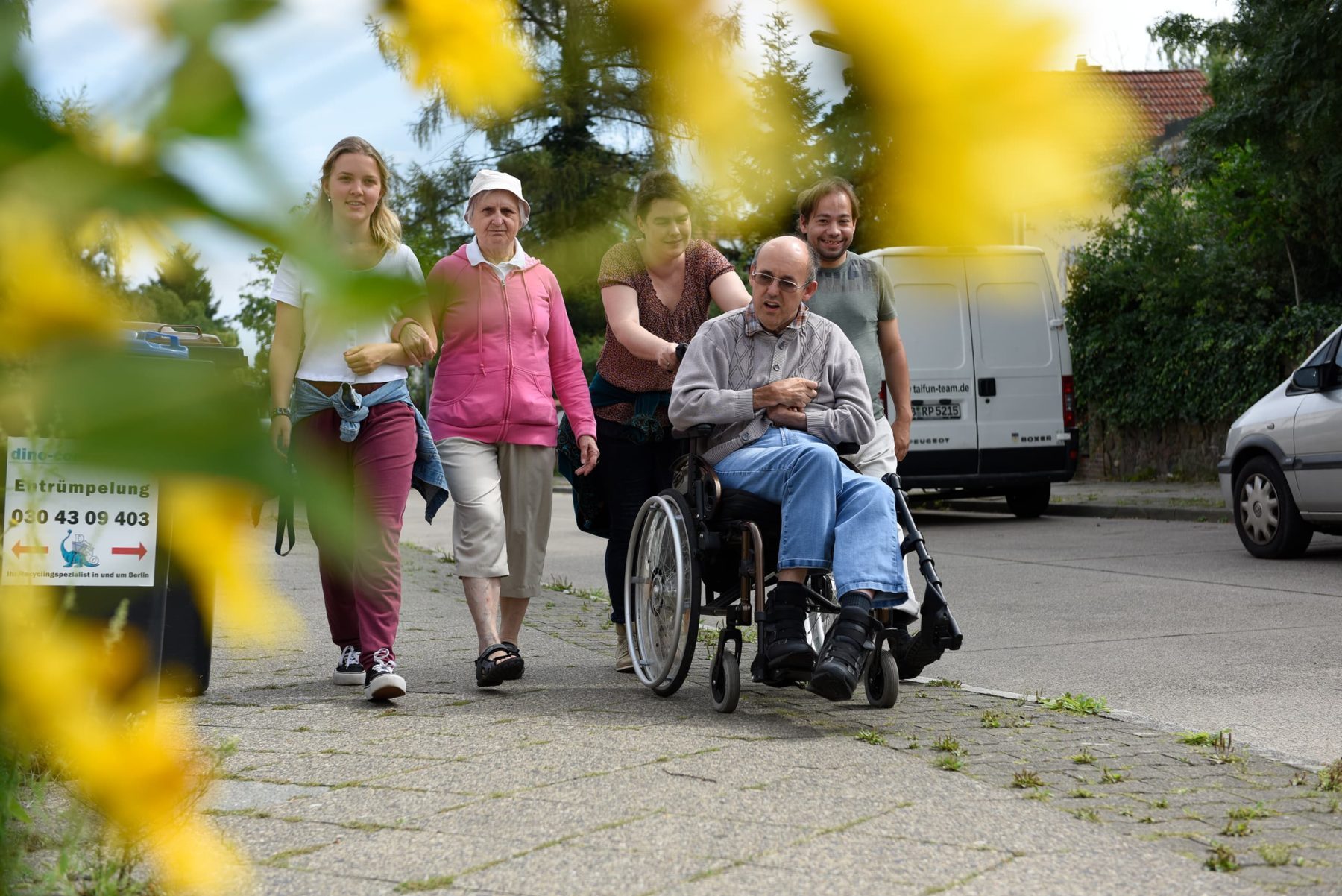
In this field of activity you support people with disabilities in their participation in social life and in their everyday life. You get to know diverse realities of life and people with great courage and full of joie de vivre. You work to ensure that they are perceived and respected as equal fellow human beings.
You support people with disabilities, e.g. in their homes, in residential facilities or in day care centers. You participate in their leisure activities at home or in their work in workshops. You offer leisure activities for groups, e.g. music, sports or games. You go on excursions or leisure trips together.
People with disabilities can be physically or mentally handicapped by their environment. Some people have their own language and culture, e.g. deaf people. People with disabilities are still disadvantaged and discriminated against and struggle to participate.
Most of our posts are about social contact and communication. Sometimes volunteers also provide support with simple caring tasks.
Some of these volunteer positions have a church background, but are open to interested people regardless of their denomination or faith.
For these tasks you need enthusiasm and humor, patience and flexibility. Creative or musical abilities are also very welcome. You will embark on an exciting journey and learn to see the world through different eyes.
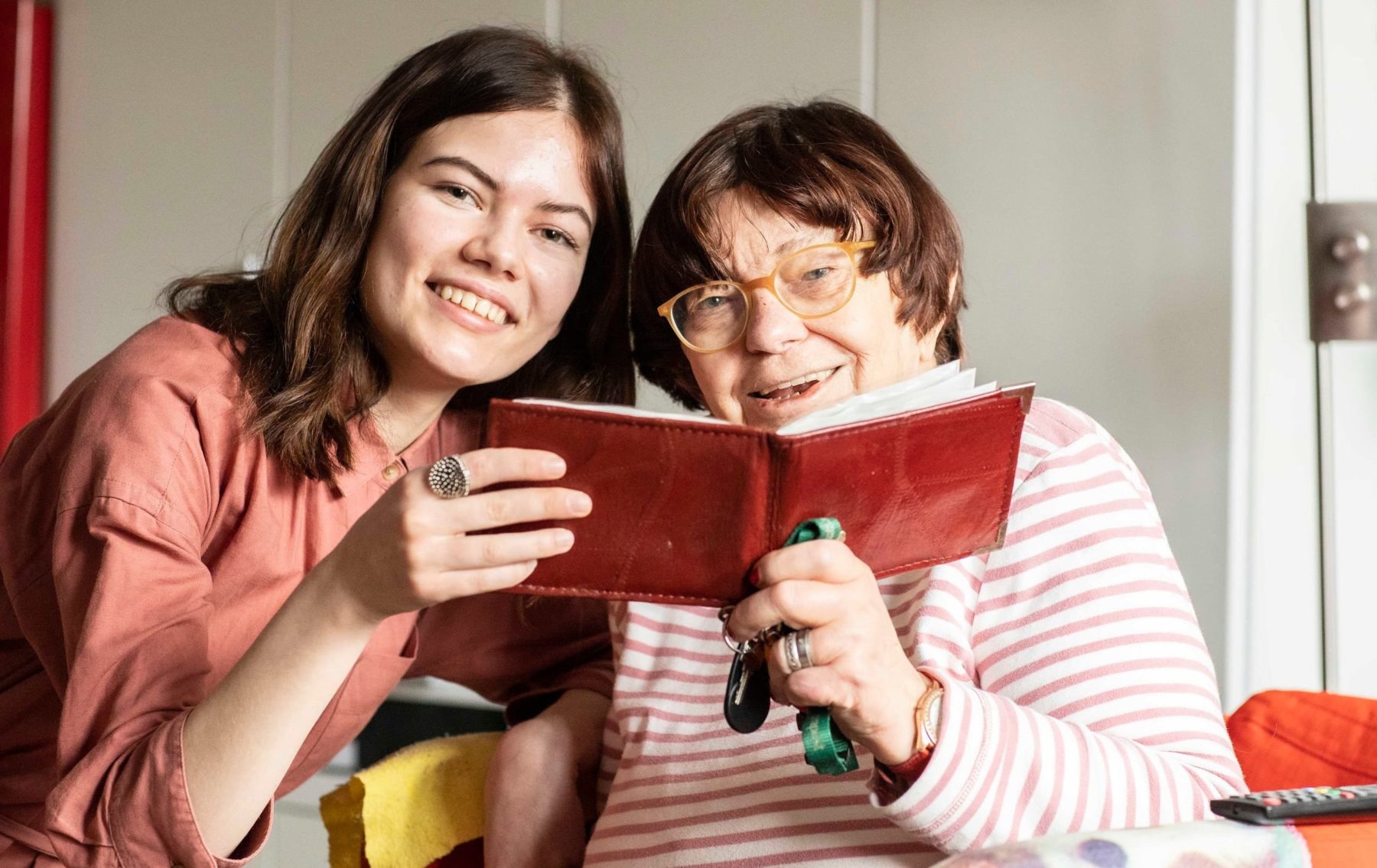
In this field of activity you support elderly people. Most of them are survivors of National Socialist persecution and their children: Jews, former forced laborers, politically persecuted people.
You visit old people in their homes or in retirement homes. You help them with housework, go shopping with them or accompany them on walks. This activity is about social contact and communication.
For these tasks you need patience and sensitivity, but also creative and communicative skills. You may get to know exciting and touching life stories and make warm friendships.
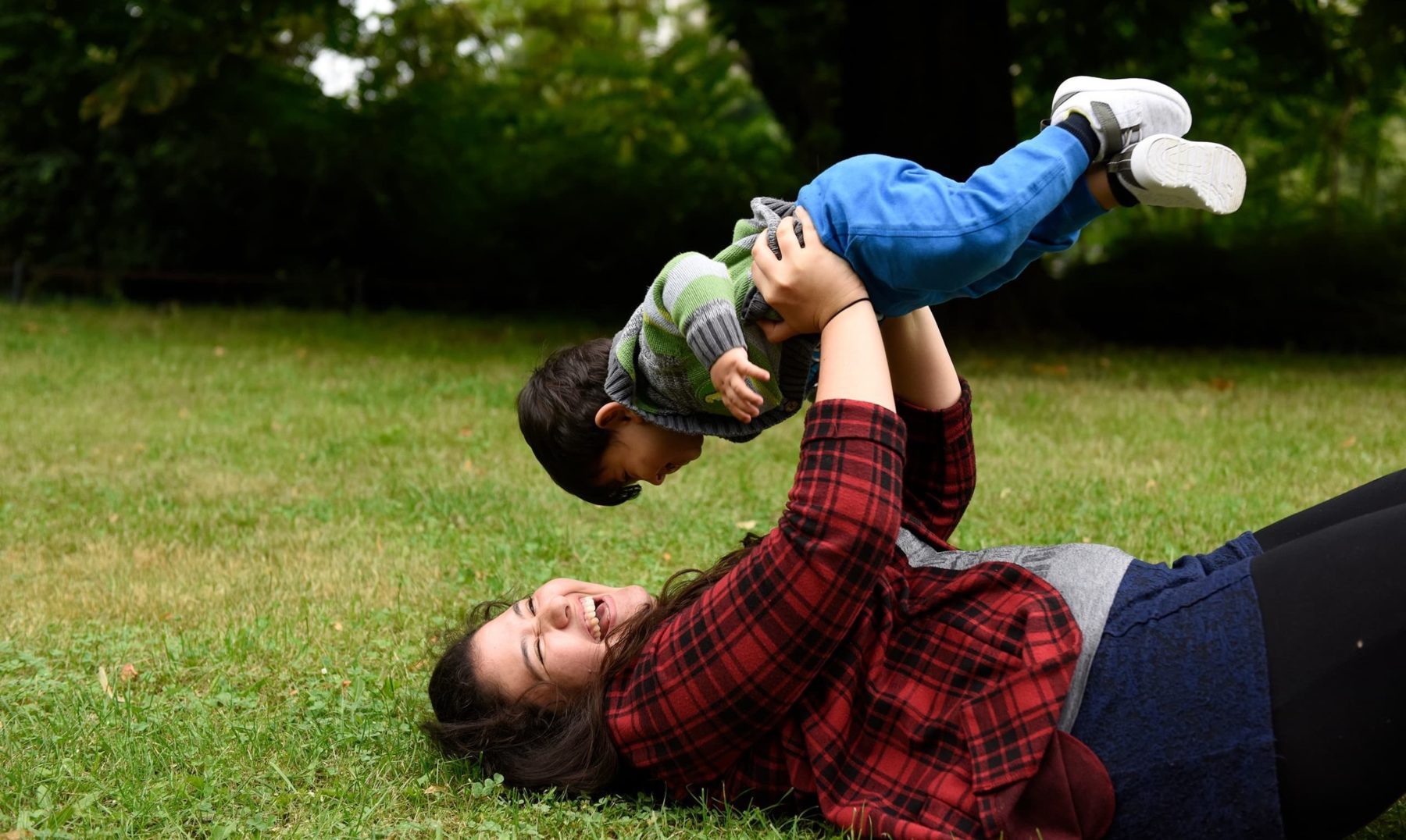
Our positions in this field of activity include a wide variety of tasks and enable encounters with very different people and groups. The concrete activities depend on the organization you are working for. This can be concrete social work or office work. There are overlaps with positions in the field of political education.
You offer recreational activities or language courses for refugees and their children. You support NGOs that advocate for the rights of migrants in their public relations work or at events. You are involved in initiatives of minorities, such as LGBTIQ* or self-help organizations of the Sinti*zze or Rom*nja.
For a commitment in these fields of activity you need a high degree of open-mindedness and communication, as well as empathy and understanding for people in difficult circumstances. At the same time, you should be able to set your own boundaries.
Volunteer positions
There are 15 volunteer positions in various German cities. Often, several volunteers live together in one city. The volunteers engage in one or sometimes two fixed volunteer positions.
Aktion Sühnezeichen Friedensdienste – Berlin
Participation in the summer camp department. Organization of summer camps, public relations, cooperation in seminars and events.
Arolsen Archives. International Center on Nazi Persecution – Bad Arolsen
Archive and documentation center on Nazi persecution Research of individual fates. Work with the digital archive, collaboration in research/education projects, translation work, visitor support, digitization and indexing.
Asyl in der Kirche – Berlin
Support of the office of the counseling center. Social accompaniment of refugees. This volunteer position is combined with the position in Zwangslager Marzahn Memorial, see below.
Brandenburg Memorials – Brandenburg an der Havel
Assisting research and preparing exhibitions. Work in the archives. Correspondence with former prisoners. Accompanying and guiding visitors. Support of events and seminars.
Diakoniewerk Simeon – Berlin
Day services for people with intellectual and / or mental disabilities. Assistance with meals. Assistance with creative, sports and craft activities. Collaboration in the group and with individuals.
Dachau Memorial and Church of Reconciliation – Dachau
Accompanying visitors and groups in the Protestant Church of Reconciliation and in the Dachau Memorial. Cooperation in the project “Memory Book” and possibly participation in the International Youth Meeting Dachau.
Augustaschacht Memorial – Osnabrück
Assistance in the archive and in the memorial. Guided tours, school visits, cooperation in seminars and in the program of the memorial, for example in work camps. Correspondence with former prisoners and accompanying them on visits.
Buchenwald Memorial – Weimar
Assistance in the archive, guided tours of the exhibition and the grounds. Collaboration in seminars and in the program of the memorial and the youth meeting place, for example in international work camps. Accompanying former prisoners.
Sachsenhausen Memorial – Oranienburg
Guided tours through the exhibition and the grounds, cooperation in seminars and in the program of the memorial, for example work camps. Accompanying former prisoners.
Grandhotel Cosmopolis – Augsburg
Overall concept of hotel, refugee accommodation and artist workshops. Accompaniment and support of the refugees, educational and artistic work. Assistance in hotel and cafe operations. Support for cultural projects.
Wannsee-Konferenz Memorial – Berlin
Memorial. Accompanying groups of visitors (especially school classes and groups of young adults), guided tours and seminars, library and documentation work.
Zwangslager Marzahn Memorial – Berlin
Assisting and guiding visitors through the exhibition and memorial site. Supporting seminars and events remembering the persecution of Roma and Sinti and dealing with nowadays prejudices and discrimination.
This volunteer position is combined with the position in “Asyl in der Kirche”.
Neuengamme Memorial – Hamburg
Participation in seminars and in the program of the memorial, for example work camps. Correspondence with former prisoners and accompanying them on visits. Collaboration in the documentation center, counseling for visitors. This position is combined with visiting services for elderly people in Hamburg (Solidary Help in Old Age).
Requirements
A voluntary service #withASF is open to everyone. You only have to fulfill a few conditions beforehand. We will be happy to advise you on this.
- How old do I have to be to volunteer?
To be able to do voluntary service with ASF, you must be of age, i.e. 18 years old, at the latest by the start of your service (usually on September 1). Unfortunately, it is not possible to start the voluntary service #withASF underage. There is no upper age limit. However, some of the volunteer positions are only open to people who are 30 years old or younger when they start their service. If you have any questions about this, we will be happy to advise you. - Registration address outside Germany
Only people who reside outside of Germany can participate in the international volunteer program in Germany. We give preference to applications from the countries to which we ourselves send volunteers from Germany – but are also open to applications from other countries. People who are registered in Germany can volunteer in other countries like the Netherlands, USA or Israel. More on that here. An exception to this is for Ukrainians* who fled the war to Germany: They can also participate in the international program in Germany. - Do I need a specific high school diploma or previous experience?
You don’t need a special school or professional qualification. We don’t expect you to be a trained professional, although some jobs do require certain skills. Are you open-minded and outgoing and do you want to get to know new ways of life and cultures? Then you bring a lot to a volunteer service. It is important that you are respectful of foreign views and ways of life and that you get involved in the daily work of our partner organizations.
- Do I need specific language skills?
For a volunteer service in Germany at least basic German language skills are necessary – at least the language level B1 is required for a volunteer service in Germany. In certain volunteer positions further language skills are also useful. ASF supports you with language preparation, which you should start before your volunteer service. - Is voluntary service also possible for people with disabilities?
A volunteer service with ASF should be open to all who want to get involved. We know that this claim can reach its limits in practice. But we try, as far as we can, to find solutions and offers also for people with special needs, with disabilities or assistance needs. For example, if you are a wheelchair user or deaf or otherwise dependent on assistance, we will be happy to advise you and work with you to find ways to get involved #withASF.
Services and sponsor group
ASF attaches great importance to good on-site support and an exciting seminar program for the volunteers. ASF takes care of the travel, accommodation, pocket money and insurances. You do not pay a participation fee for the year, but you build up a circle of sponsors of people who support and accompany you during the year.
How does ASF support me?
Networked engagement
With ASF you can get involved socially, politically and historically, gain valuable experience abroad and meet many wonderful and interesting people and.
In the international volunteer program in Germany you will be part of a lively group of committed and mostly young people all over the country. You will have a lot of contact with them during your volunteer year.
You can find more information in the mission statement for ASF volunteering.
Local support and accompaniment from the ASF team
We accompany and support you in the preparation and implementation of your voluntary service with a permanent contact person in Germany – the country director. They will also support you with practical questions or problems.
In addition, ASF country representatives may be available in your country of origin to provide you with information in your language about applying for and doing voluntary service. You can find the country offices here.
Exciting ASF seminar program
All ASF volunteers take part in accompanying seminars during their service. In our seminars, you will be able to share and discuss your experiences in Germany and your placement with other volunteers. Furthermore, you will deal with historical, political and social topics. Central to this are questions concerning the relations between Germany and the countries you come from, and especially the question of the effects and consequences of the National Socialist crimes until today. Another focus in our seminars is (family) biographical work, i.e. research and an examination of life stories. You can also undertake your own family biographical or local historical research.
Here you can find out more about the seminars and the course of your volunteer year.
Proven quality
ASF has carried the QUIFD seal of approval since 2004 for the good supervision of volunteers. It is very important to us that our volunteers are well accompanied and that their commitment to volunteer positions with permanent partner organizations is meaningful and sustainable. For this purpose, we have local ASF contact persons who are familiar with the country. In an extensive seminar program, our volunteers can prepare for their volunteer year, reflect on it together during their service, and learn more about the history of their host country.ASF has carried the QUIFD seal of approval since 2004 for the good supervision of volunteers. It is very important to us that our volunteers are well accompanied and that their commitment to volunteer positions with permanent partner organizations is meaningful and sustainable. For this purpose, we have local ASF contact persons who are familiar with the country. In an extensive seminar program, our volunteers can prepare for their volunteer year, reflect on it together during their service, and learn more about the history of their host country.
What services do I receive from ASF?
Preparation for the volunteer year
Starting in April, we will provide you with a lot of helpful information about the preparation and arrange contacts to the current volunteers.
We offer you the participation in an ASF summer camp.
We support your language preparation with up to 150 Euro.
Travel expenses
We will take care of the osts of your travel to Germany and, at the end of your service, your return trip to your country of origin.
We will reimburse your travel costs to the ASF seminars during your voluntary service.
We support you in applying for the necessary visas and reimburse you for visa fees.
Accommodation
Together with our local partners we provide free accommodation (including the costs for heating and energy and usually also for internet).
Many of our volunteers live in single rooms in shared flats, with host families, in student dormitories or directly in accommodations of the partner organization, e.g. in shared living arrangements. In some places, two volunteers share a room.
If the volunteers look for their own accommodation, they are supported by the project partners and country representatives.
Often the volunteers take over the rooms of their predecessors – including helpful tips for living in the place.
The equipment of the volunteers’ accommodations is often very simple. The furnishings are often limited to the bare essentials: a bed, table, shelf, chair and basic kitchen equipment. Washing machines are not available in all accommodations, so that it may be necessary to resort to laundromats.
Living expenses
Together with our local partners, we will provide you with pocket money and food.
Pocket money and food allowance are based on the local costs and allow you a simple independent life.
Insurance package
We will take out an insurance package for you. It includes an international health insurance, an accident insurance and a liability insurance. In addition, we insure you with the statutory accident insurance of the professional association VBG for accidents during your service. This means you are well covered during your volunteer year.
Participation at ASF seminars
We accompany you during your volunteer service with an exciting seminar program with excursions and workshops. We cover the costs for the program, accommodation and meals.
sponsor group – your support during the volunteer year
What is the sponsor group?
We ask you to set up a group of sponsors. This group ideally consists of 10 or more people who support your voluntary service with a monthly donation and accompany you through your voluntary year.
In order to secure our services, it is important that donations are raised through your sponsor group.
Why do you need a sponsor group?
Volunteering abroad costs up to 1,500 euros per month. This corresponds to the benefits promised by ASF for your voluntary service (see left column).
Sponsorship circles are a model of solidarity. We ask all volunteers for their involvement in setting up a sponsor group, regardless of their future position, the amount of sponsor donations, or whether the volunteer position is co-funded by a grant program. ASF puts special emphasis on a good accompaniment of the volunteers in the country and a good seminar program. For this ASF takes over all costs. The sponsorships are necessary so that we can carry out and accompany our volunteer services overall in good quality.
How do my sponsers support me?
Your sponsors support you with a monthly donation. They also accompany you through your volunteer year: You stay in contact with them during your service and tell them about your work and your experiences – including two reports from your volunteer year. They are not only donors, they also advise and support you during your year abroad. And they learn firsthand what your volunteer work is all about. This makes your sponsors very important for ASF’s public relations work.
How do I find my group of sponsors?
For you, this might mean a challenge: You have to approach people and ask them to support your commitment. But don’t worry, most of our volunteers manage this very well. And it’s even fun to tell other people about your planned volunteer service. Convincing people of your plans and telling them about it is an important experience that can also be useful to you later on.
You are sure to find people in your environment who will support your volunteer service: Relatives, friends, teachers, sometimes even entire schools or school classes, pastors or church congregations, members of parliament and mayors, sports clubs or groups in which you are active. You can also recruit sponsors through an article in the local newspaper, notices in the community center or neighborhood forums.
How does ASF support me in my search?
We will give you good advice and support in setting up your sponsoring group. In advance, you can contact the country representative for Germany or the country office in the country you come from. It is important to us that all people can do voluntary service with ASF, regardless of their financial or family circumstances. That’s why we support you intensively in setting up your circle of sponsors.
Apply now
For applicants from countries other than Germany: You can apply now via our online application tool. Please read through this information beforehand so that you have all the documents you need for your application ready. We are looking forward to your application!
For a service in 2024/25 you can apply for a position at the House of the Wannseekonferenz Memorial in Berlin. For a service in 2025/26 you can apply for every position.
In some cases, we have problems in our online formular with uploading files. Please contact us! We would be happy to help you ensure that your application is received in any case.
About ASF
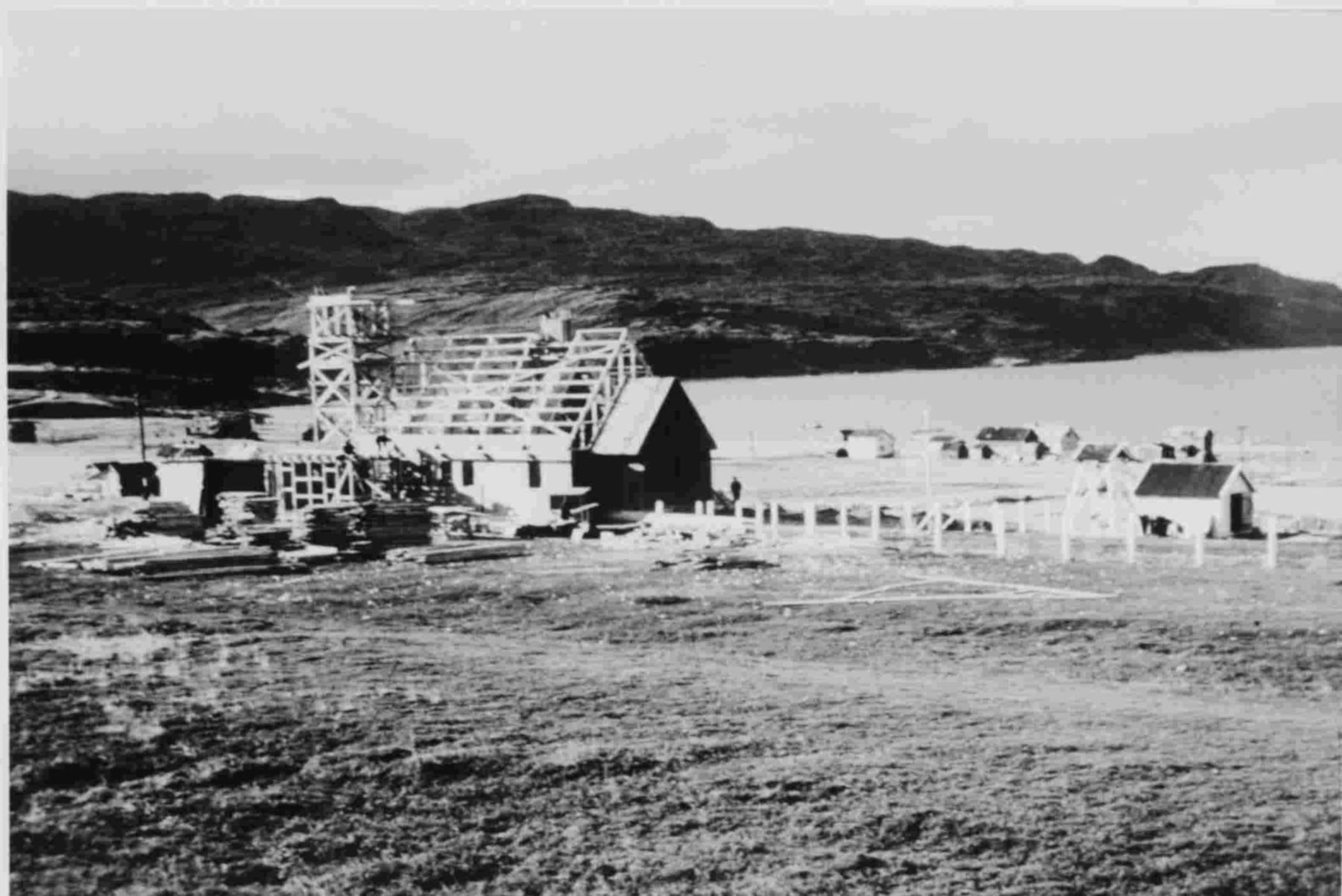
Aktion Sühnezeichen Friedensdienste (ASF) has been committed to remembrance, reconciliation and peace for over 60 years. The initiative was founded after the Second World War as a sign of repentance and concrete solidarity with the people and countries that suffered from the unprecedented crimes under National Socialism. ASF remembers those who were persecuted, the resistance against the Nazis and advocates for the clarification and compensation of Nazi crimes. ASF opposes current forms of anti-Semitism, racism, queer hostility and exclusion of minorities – with campaigns and the engagement of volunteers in social, remembrance and educational projects.
The founders of Aktion Sühnezeichen were Protestant Christians from the Confessing Church. From the beginning, Aktion Sühnezeichen has been ecumenical and interreligious. ASF critically examines the role of the churches in National Socialism and the traditional anti-Judaism in Christianity. Jewish-Christian dialogue is a central concern for ASF.
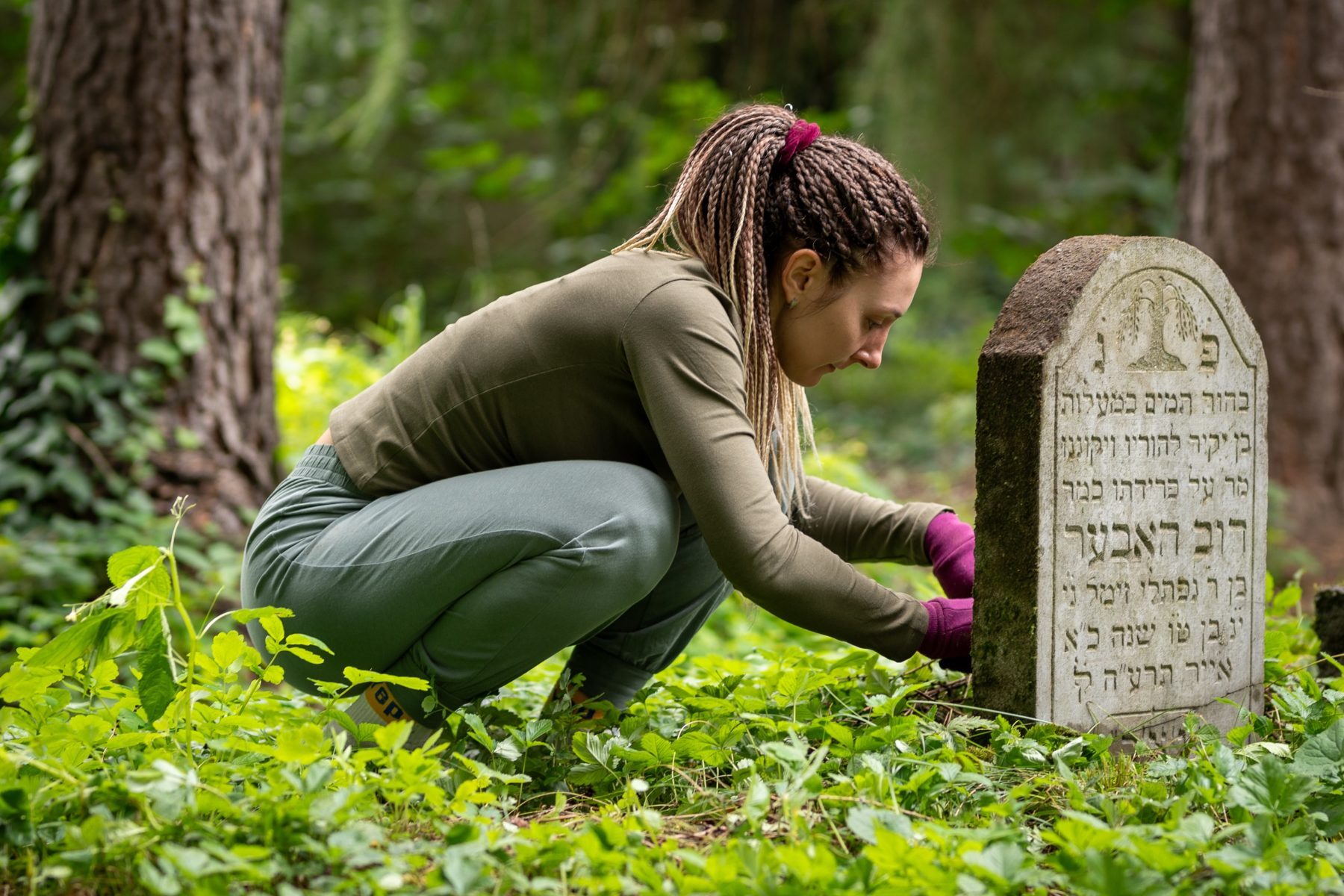
Every year, ASF sends around 160 volunteers to different countries in Europe, Israel and the USA. They accompany survivors of the Shoah and Nazi forced labour, support people with disabilities or work in memorials and archives. Volunteers from Germany go to the countries of our partner organisations and from there volunteers come to Germany with the international volunteer program. There is also a programme in Poland with volunteers from Ukraine and Germany.
In two-week summer camps, international groups also volunteer for concrete projects, such as the care of Jewish cemeteries, research of memorial sites or cultural encounter projects.
With a heavy heart, we had to stop our volunteer program in Ukraine because of the Russian war of aggression. Due to the political situation, voluntary service is currently not possible in Belarus and Russia. However, we are in contact with our partner organisations in the region and are supporting Ukraine with aid deliveries.
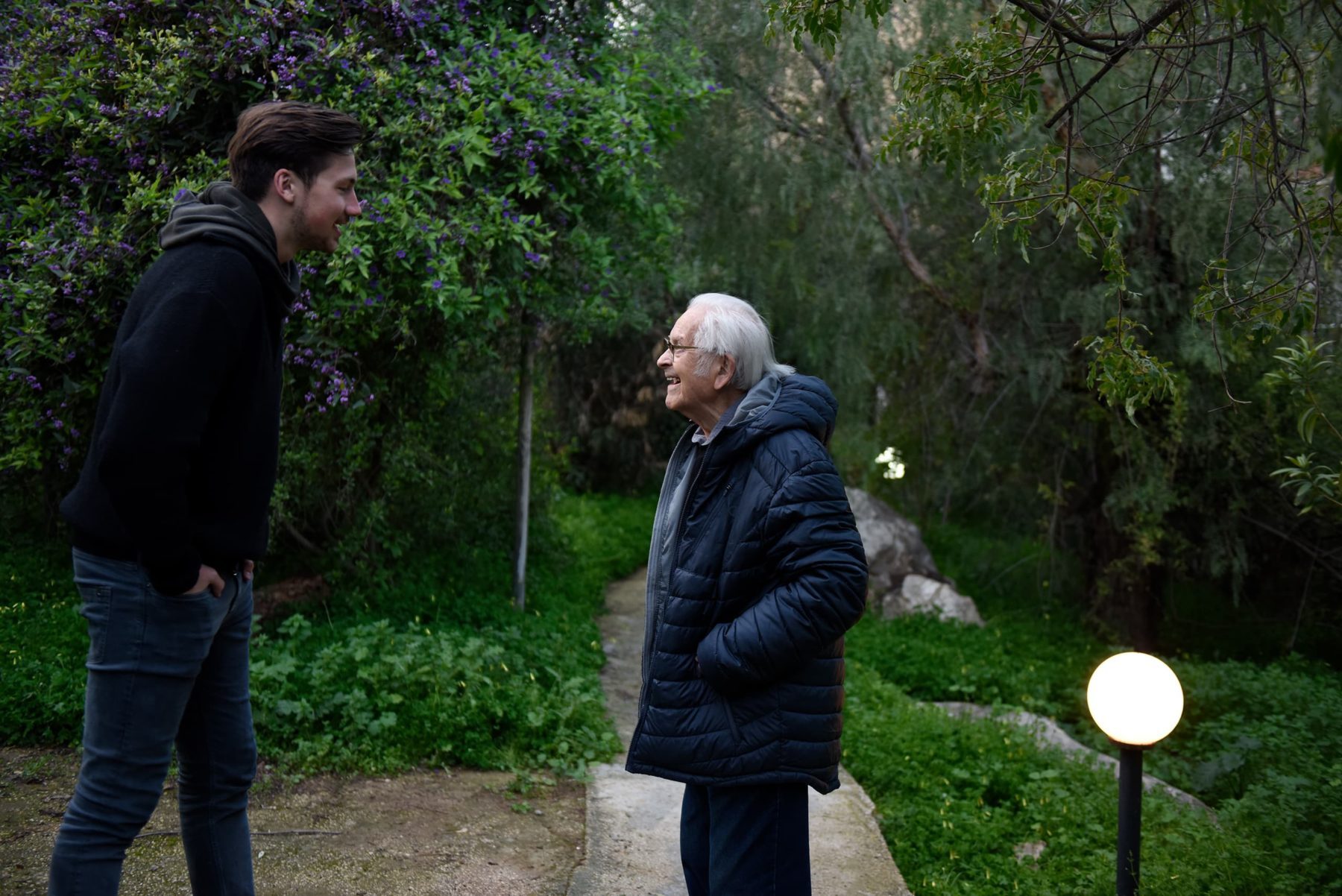
This commitment is only possible thanks to the support of partner organisations in these countries: Jewish communities, churches, museums and memorials, as well as social and educational projects. In most partner countries, ASF has a permanent contact person and a country office.
ASF sees voluntary service as a service of peace: close cooperation with partner organisations opens up a path for understanding and dialogue. Valuable trust has grown, partly over decades, between many different partner organisations thanks to committed companions. Voluntary services make a small but tangible contribution to human rights and solidarity.
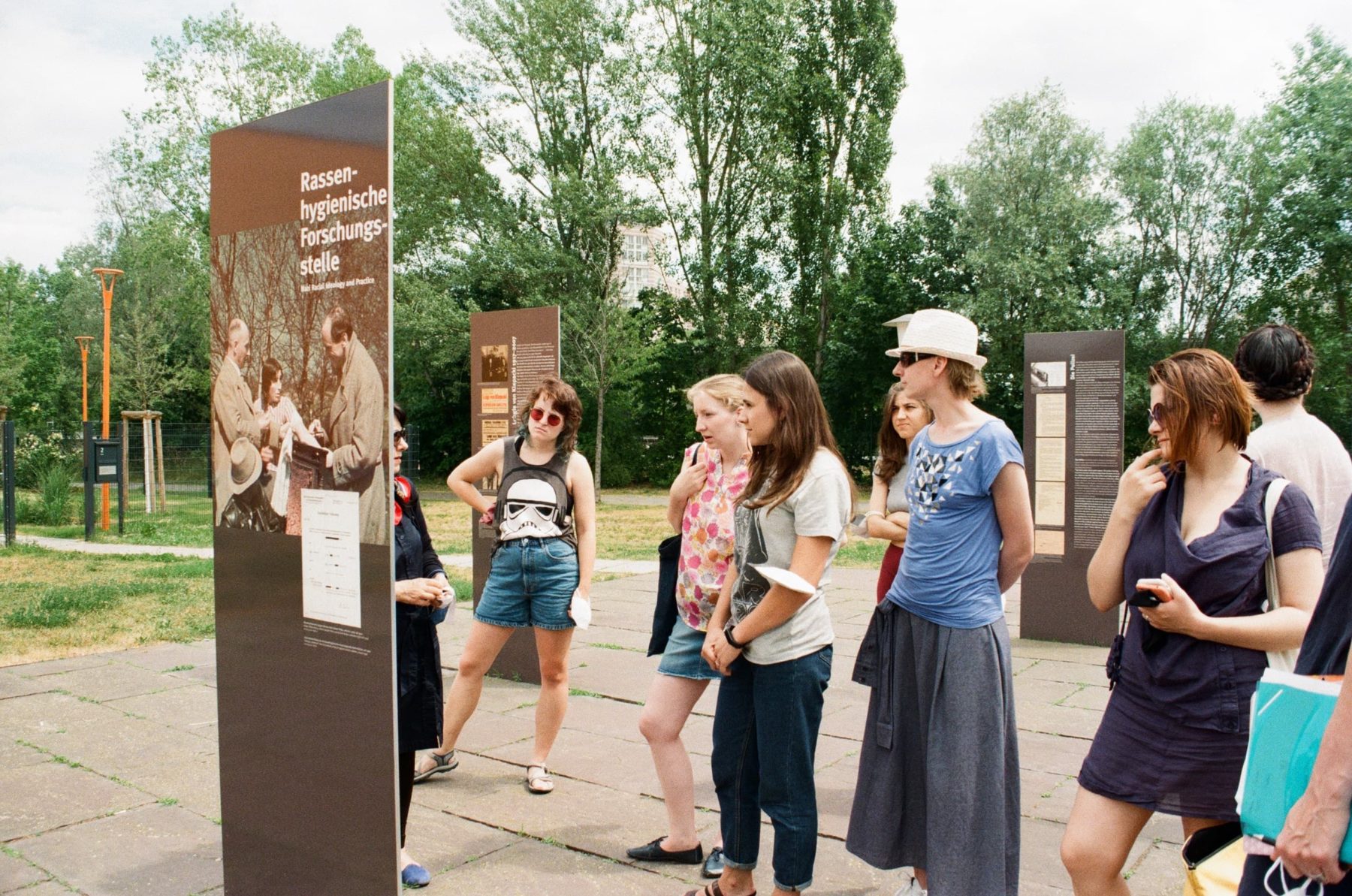
From the outset, the ASF voluntary services have been geared towards dialogue with the people in the partner countries. In 1996, ASF started the international volunteer program in Germany, after many project organizations in different countries had expressed the wish to send volunteers to Germany.
For ASF and the volunteers, the international volunteer program is an exciting experience. Young women and men from different countries live, work and study together for a year. During the volunteer seminars an exchange takes place about the relevance of history(s) in the different countries and families. How different are stories remembered here and there? And how do they shape our relationships and our actions in the present?
For the volunteers from abroad, it is interesting to learn how societies in the two German states dealt with the experience of National Socialism’s violence and how the discourses of remembrance in Germany are shaped today. International volunteers interrupt the “German monologue” about history with their different perspectives, they ask questions and at the end they also take home questions for their own societies.
“I am very happy to work with people with disabilities in my voluntary service, because I want to do social work in the future as well. (…) People with disabilities were persecuted and killed by the Nazis. The people with whom I work today may not have experienced that time for themselves, but many were and still are subjected to discrimination.”
A volunteer from the USA who supported people with disabilities in the Berlin Diakoniewerken Simeon #withASF.
